
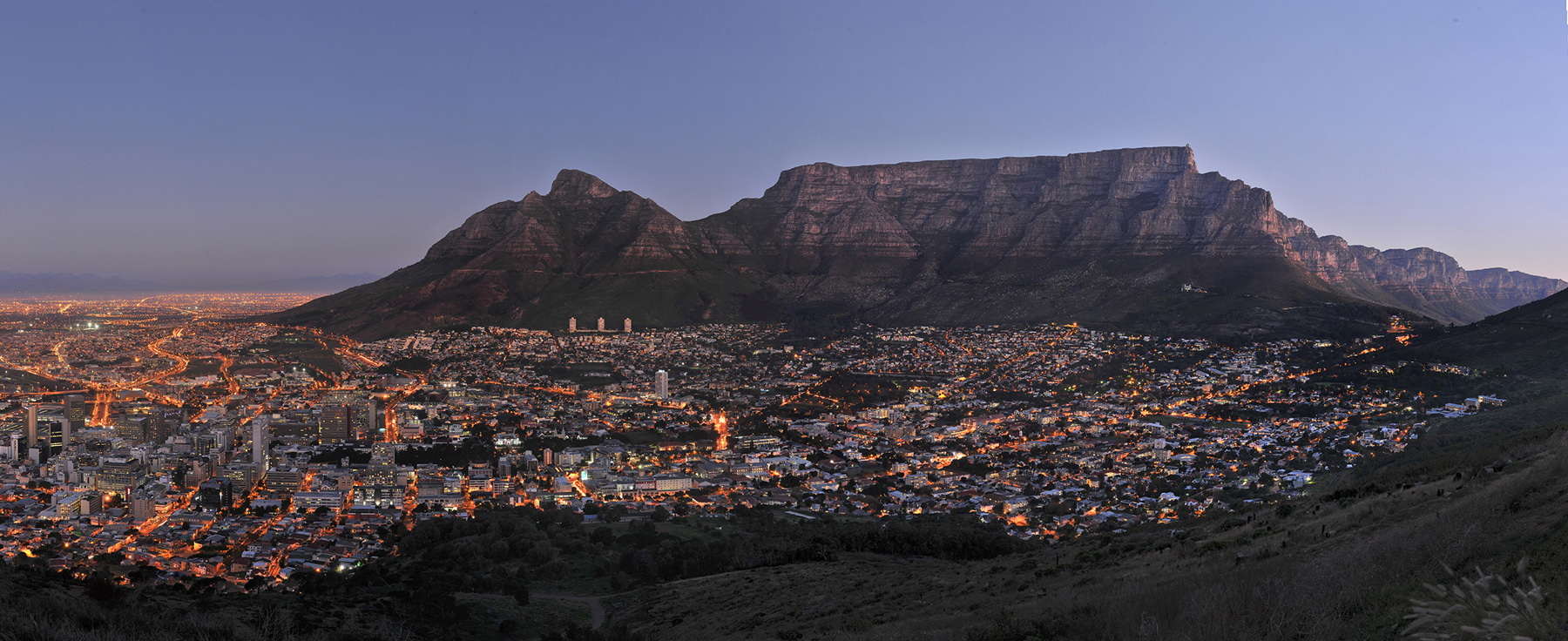
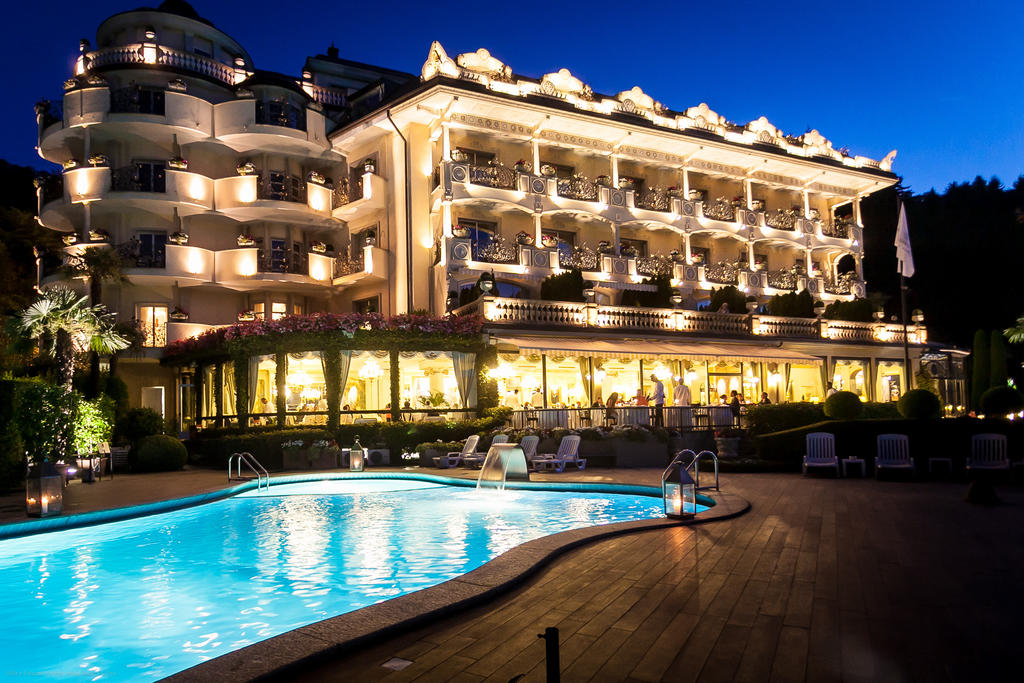
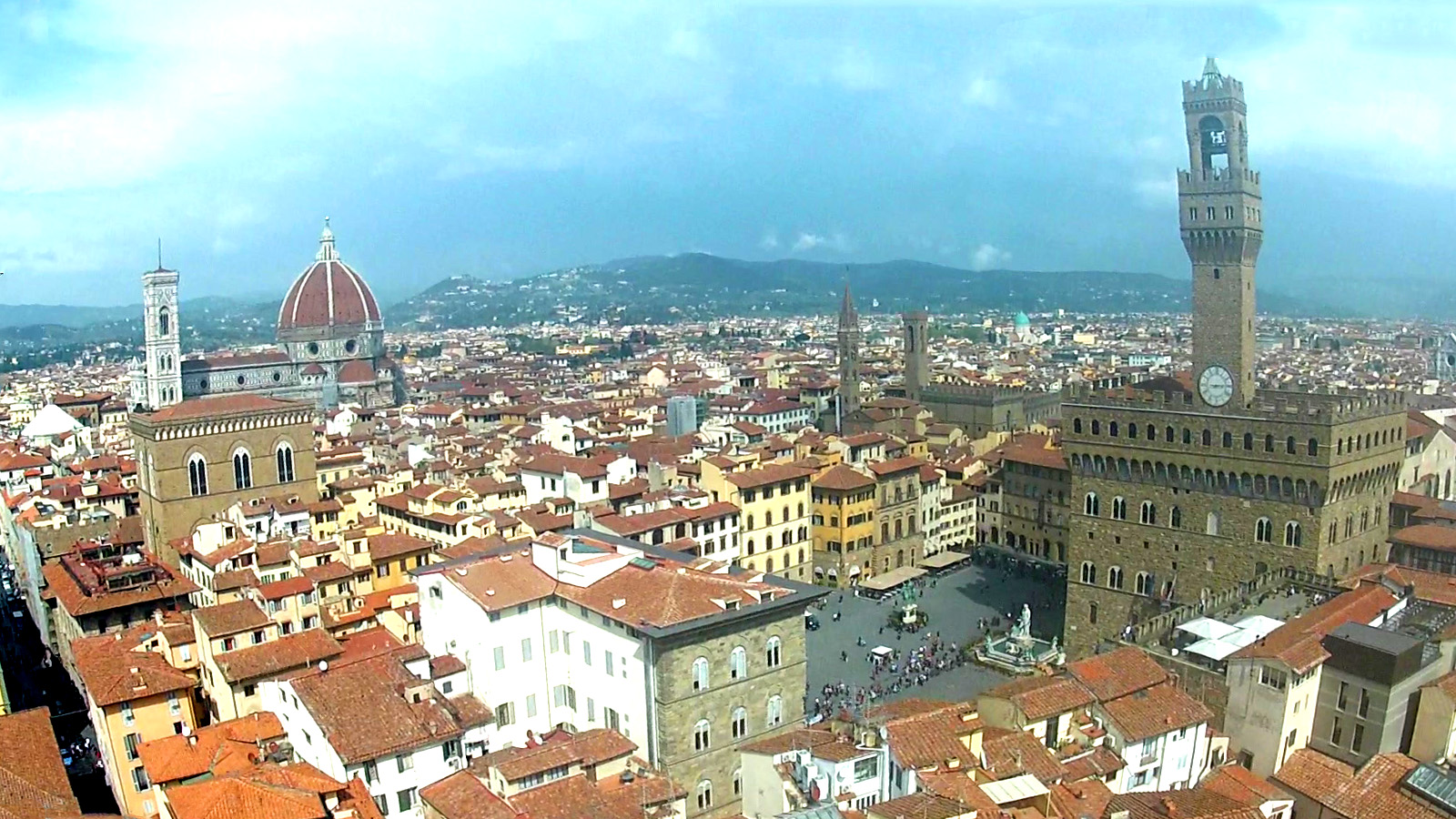

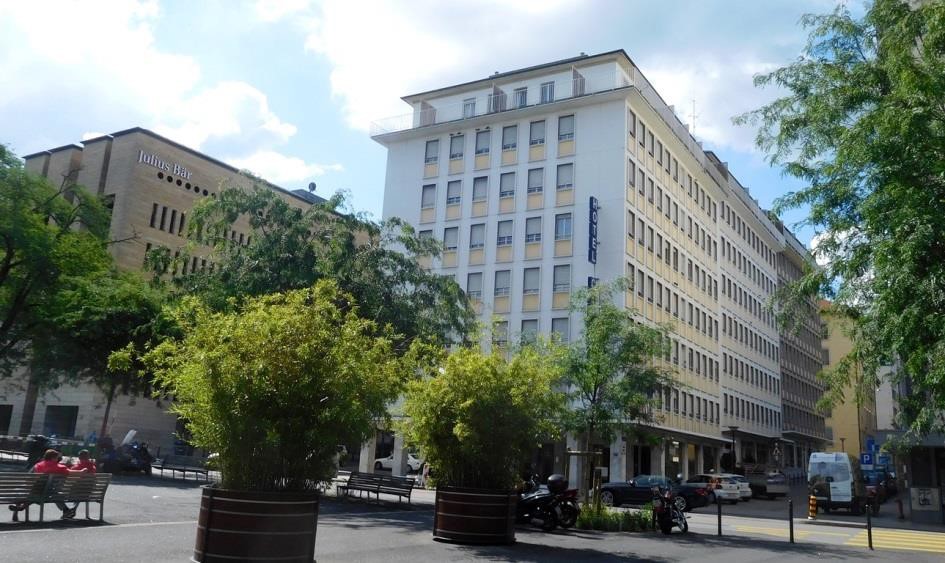
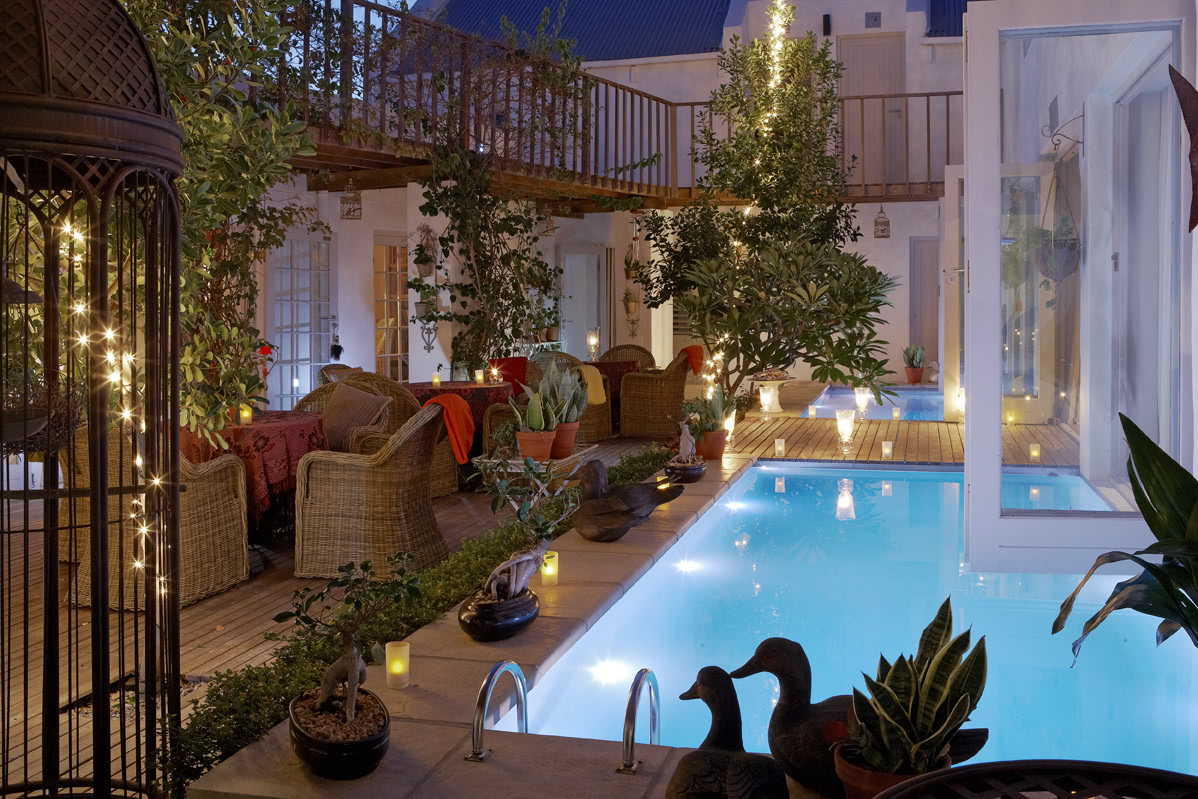
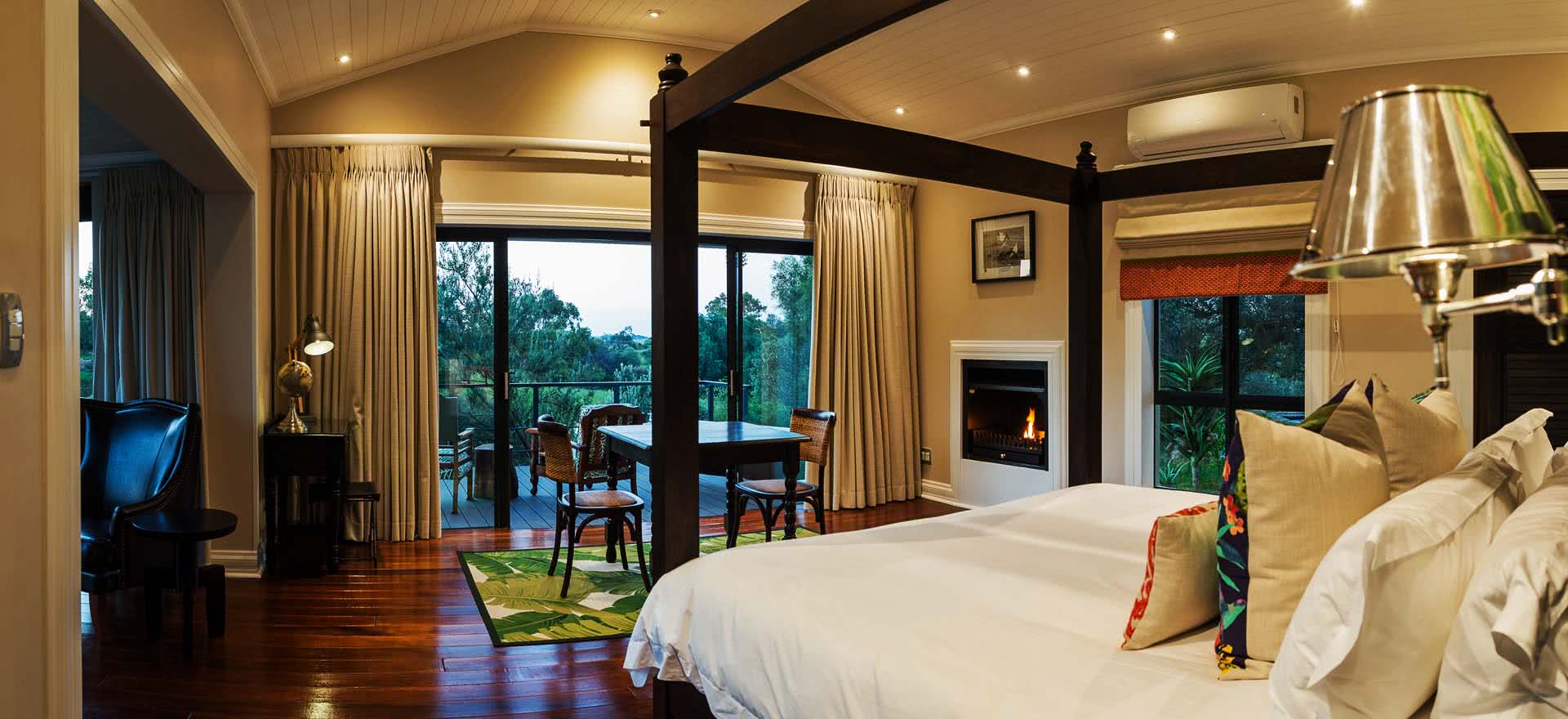
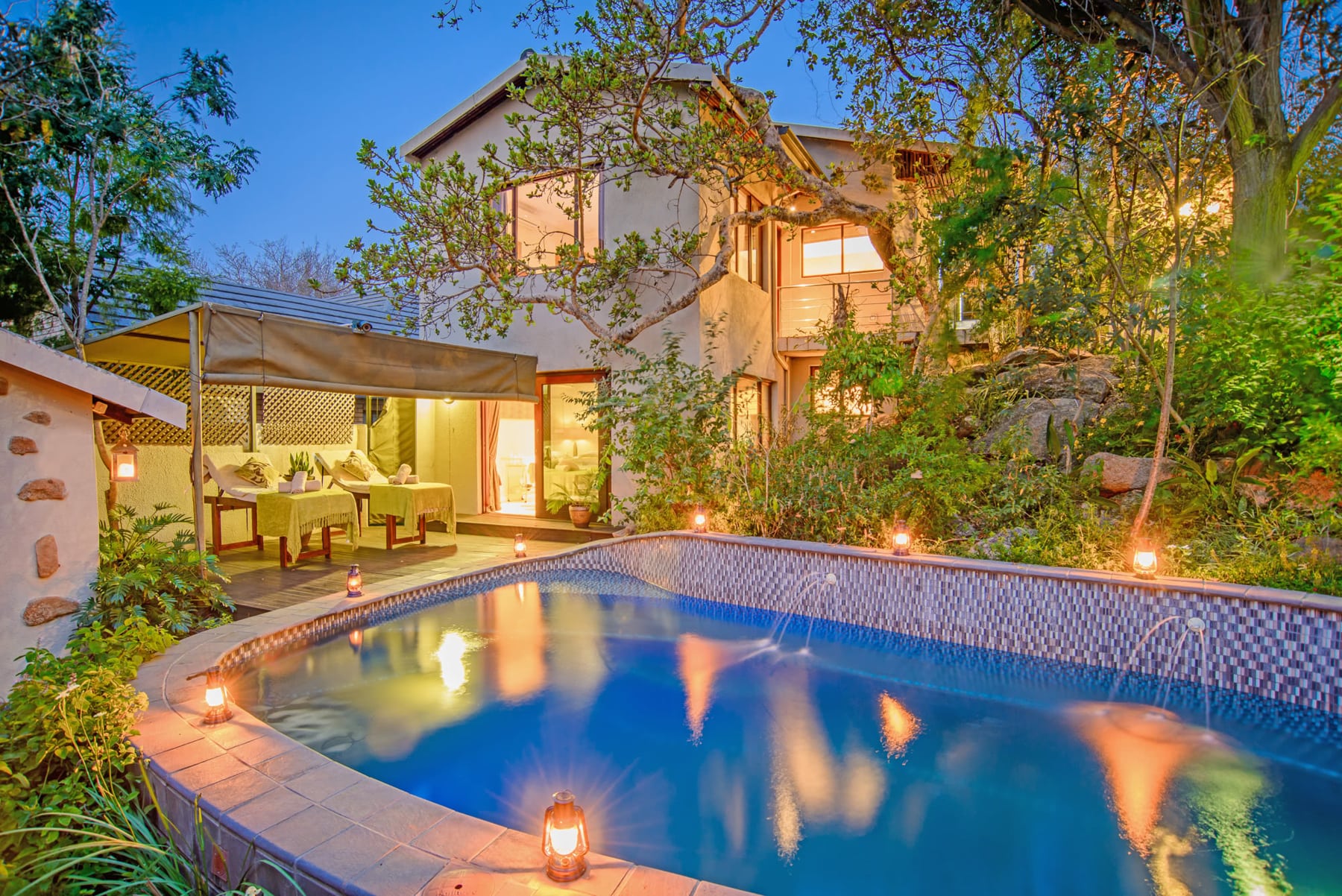

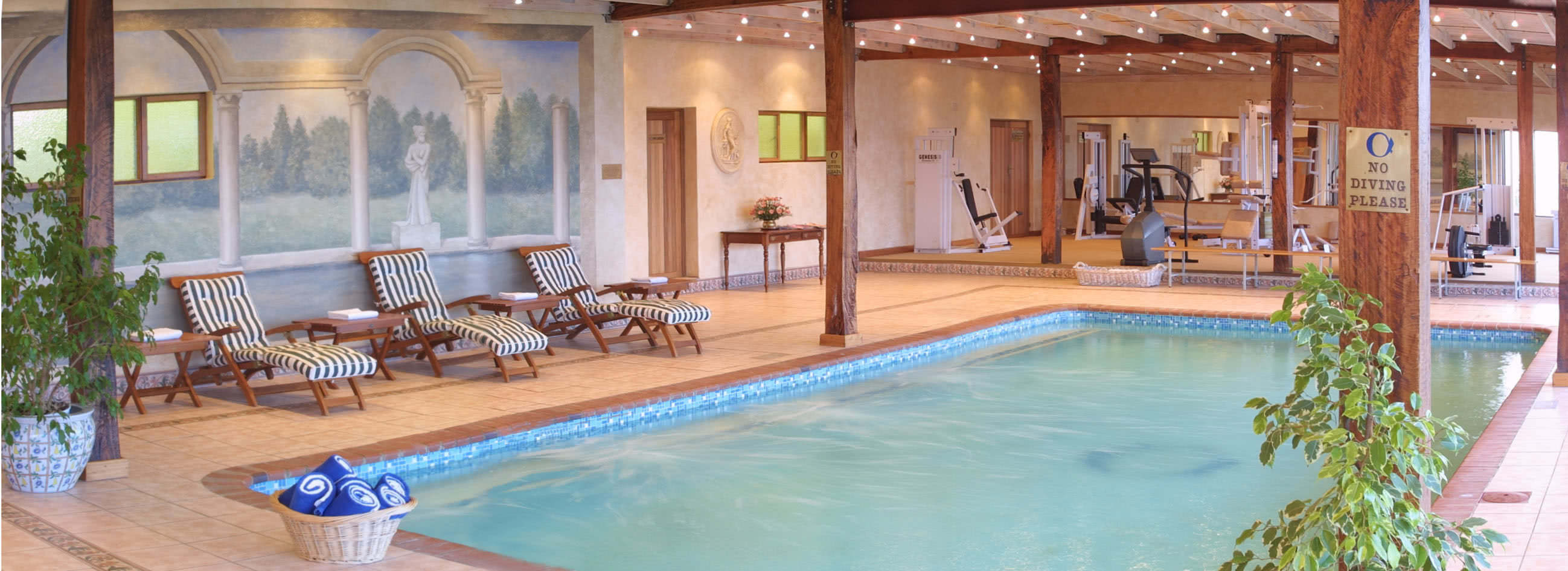
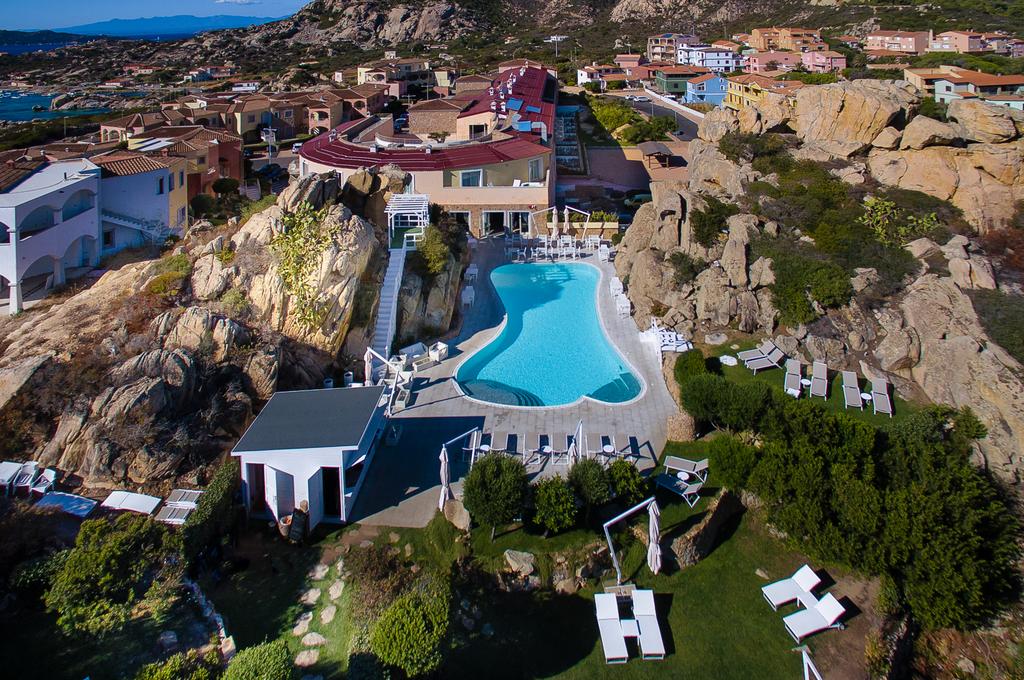
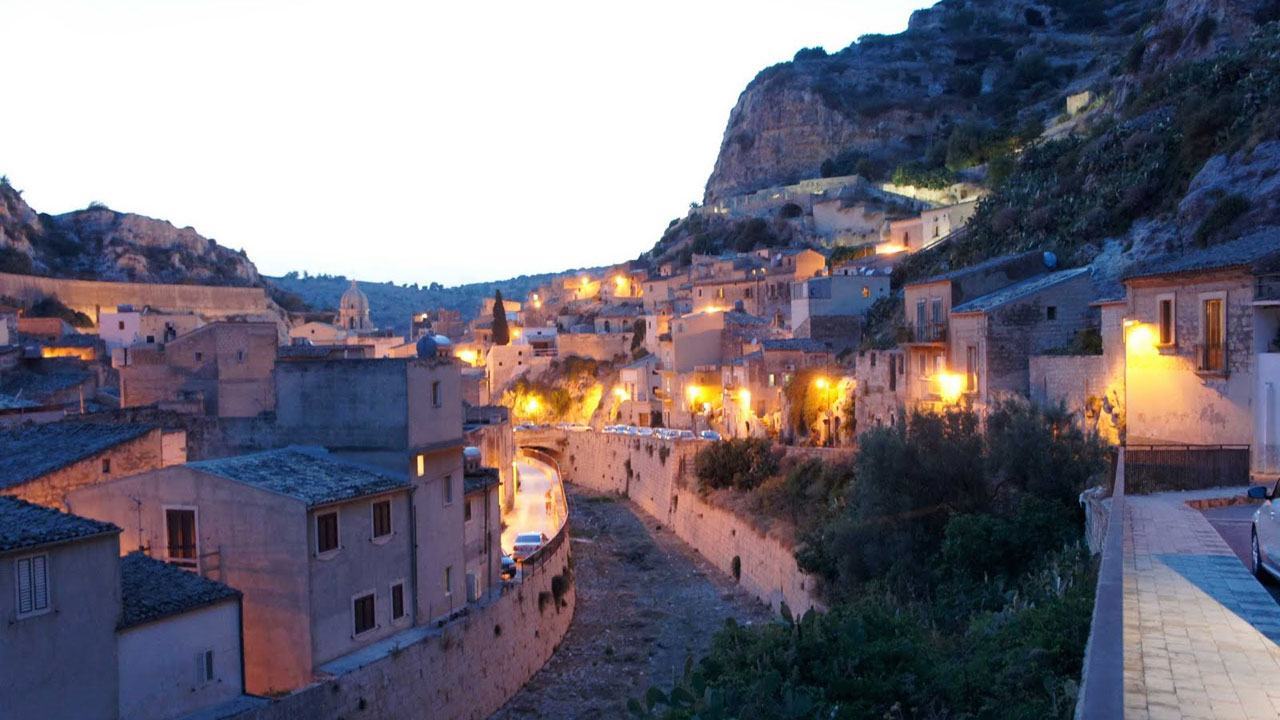
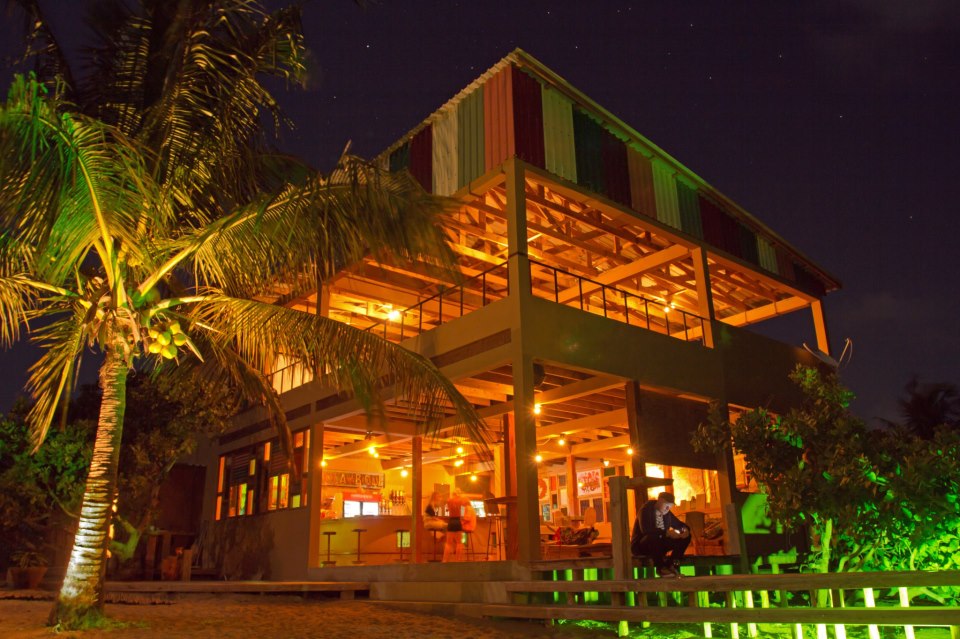
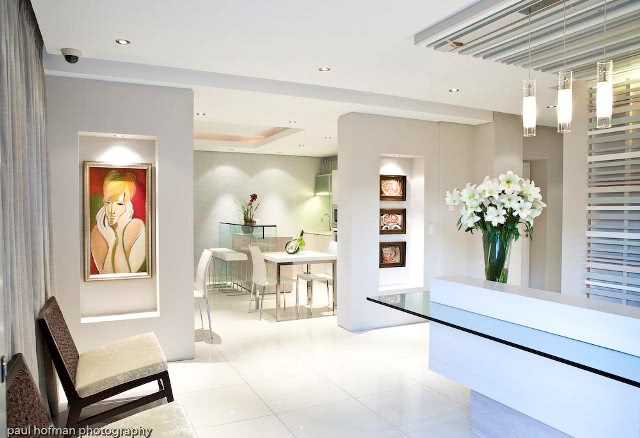
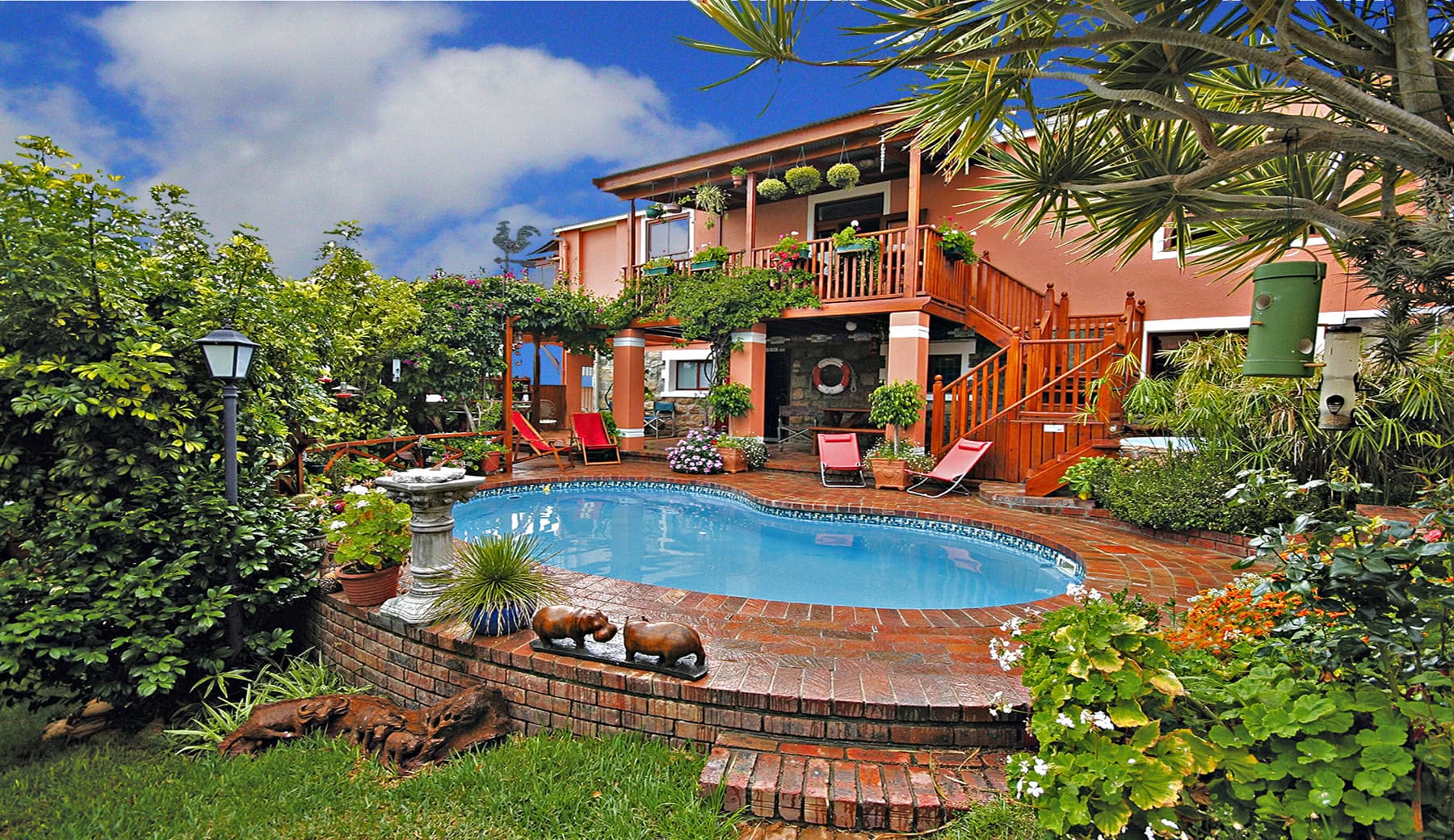
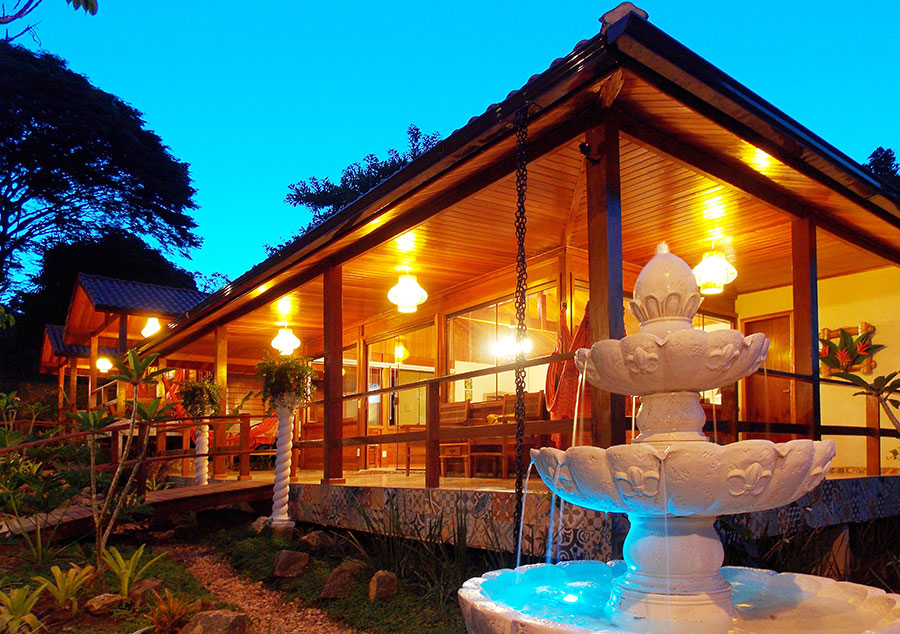
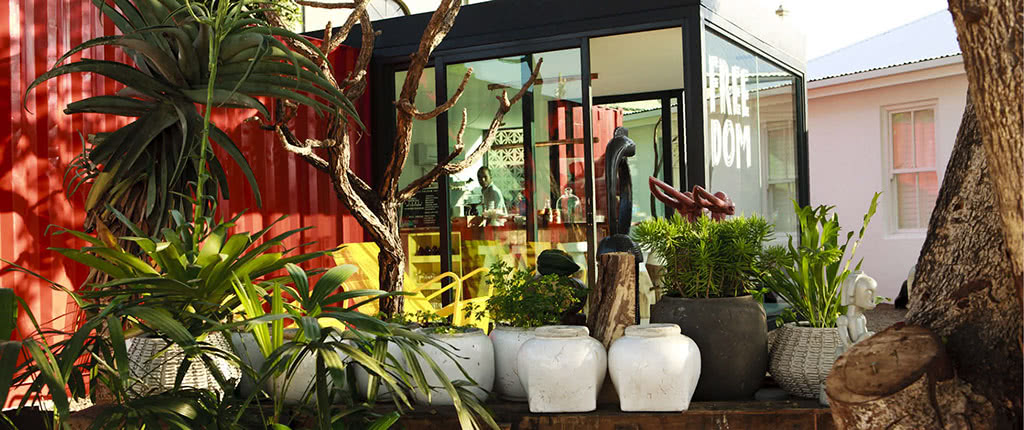
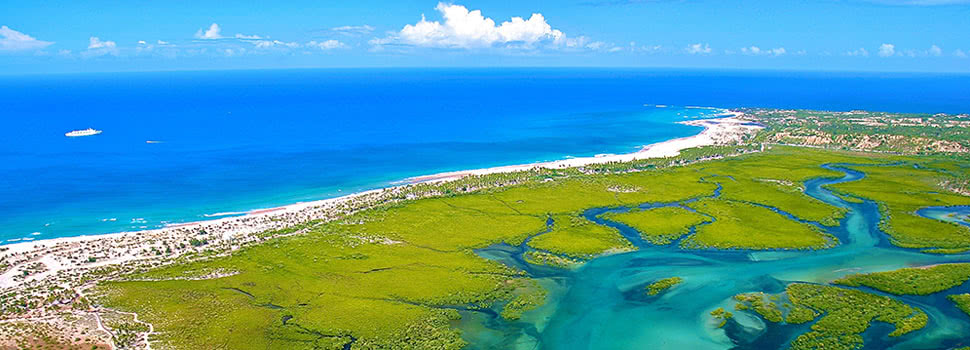
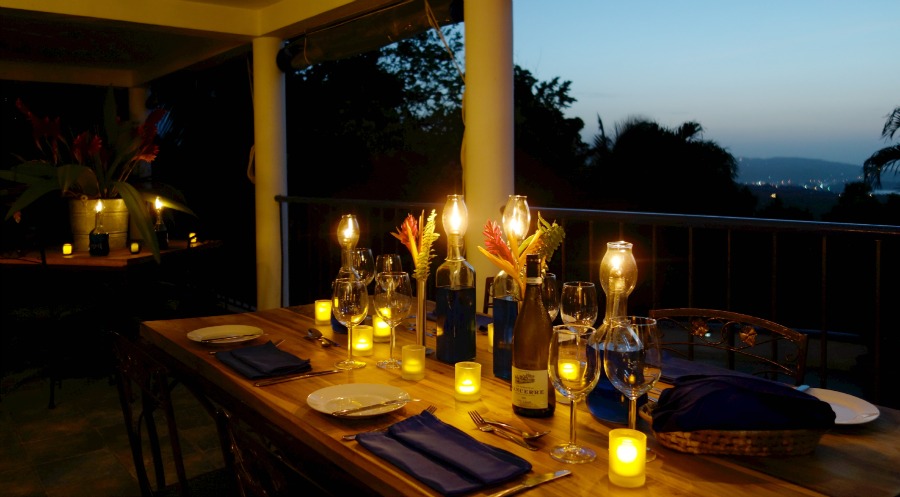
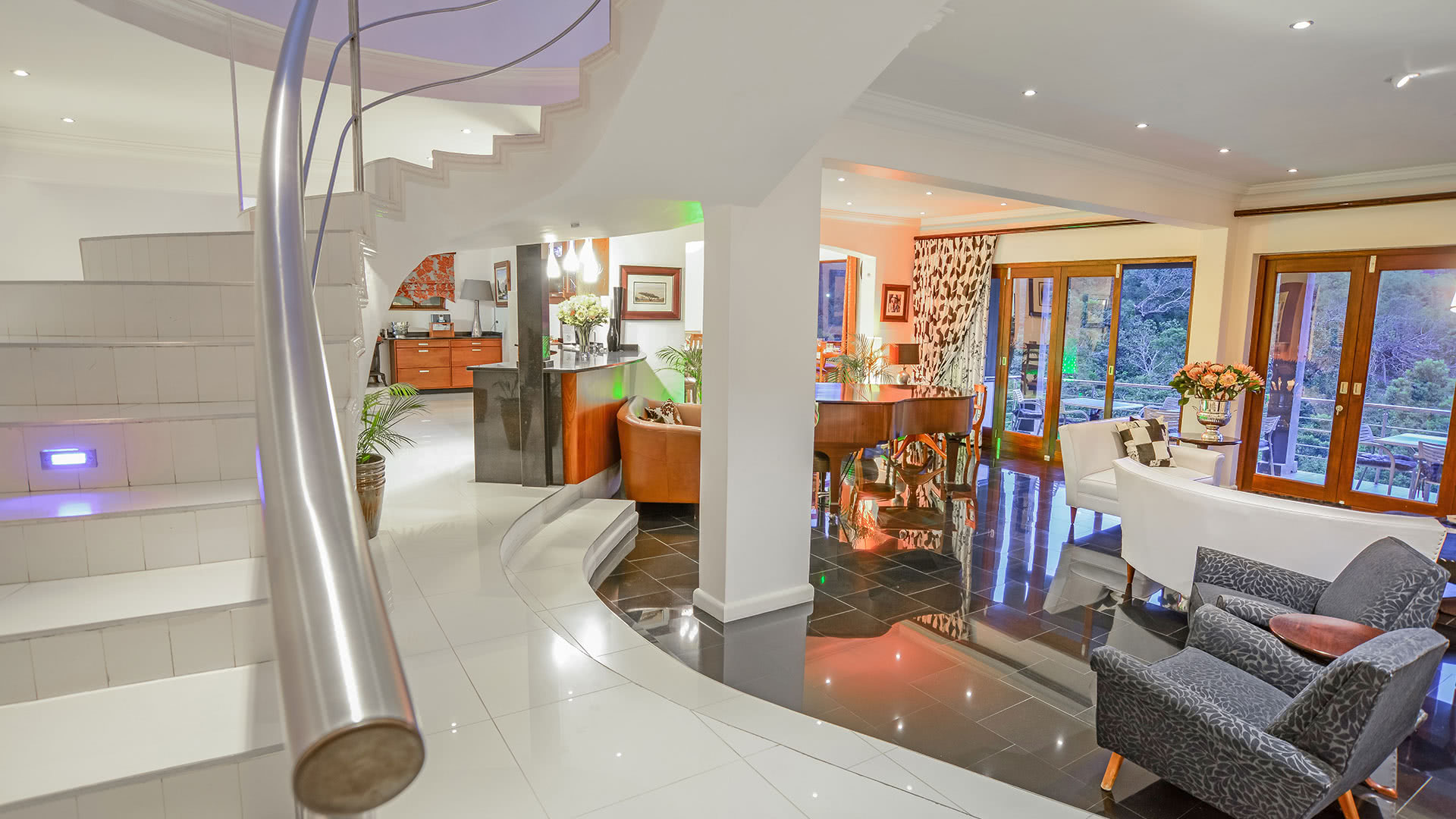
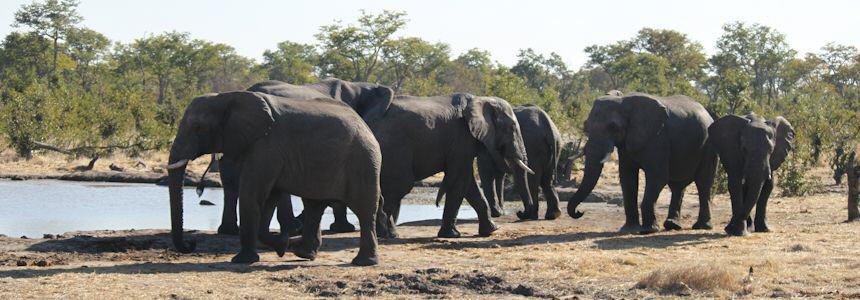
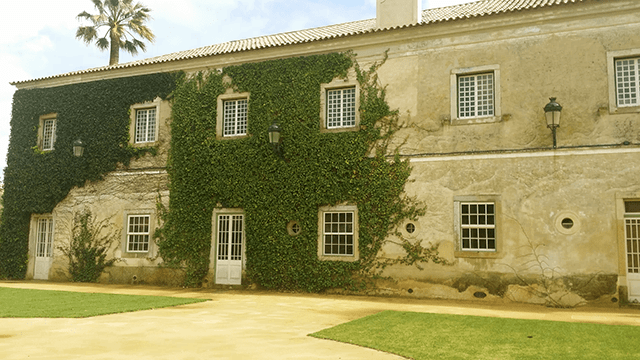
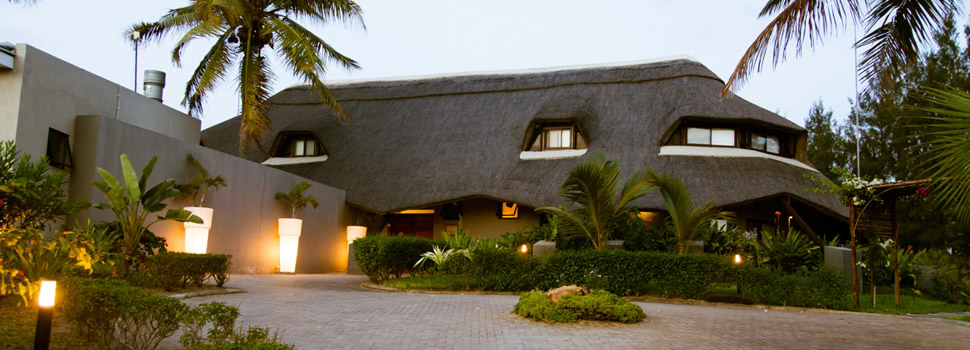
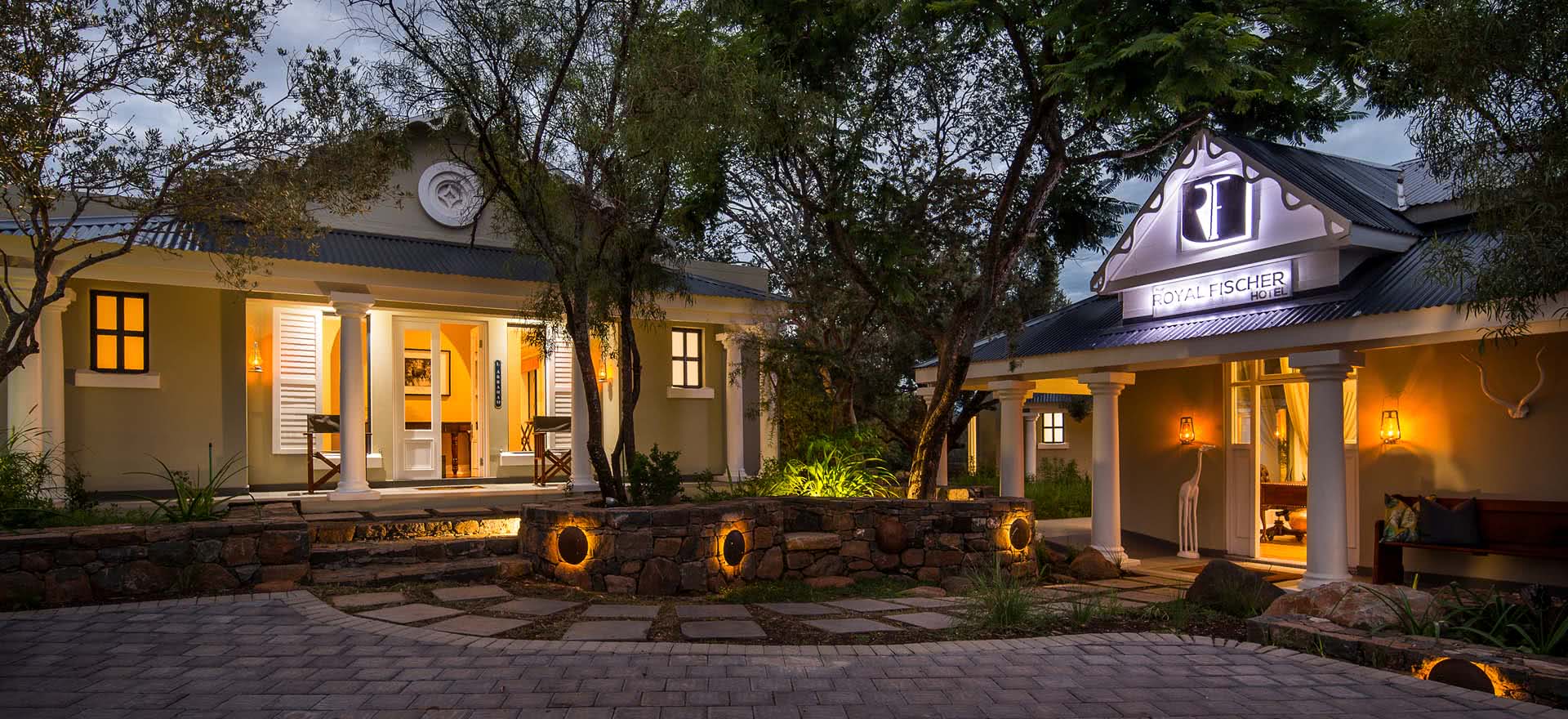
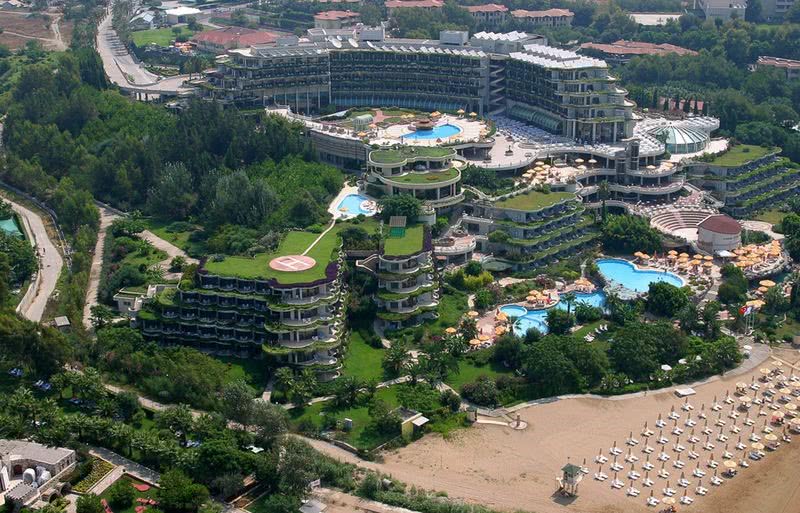
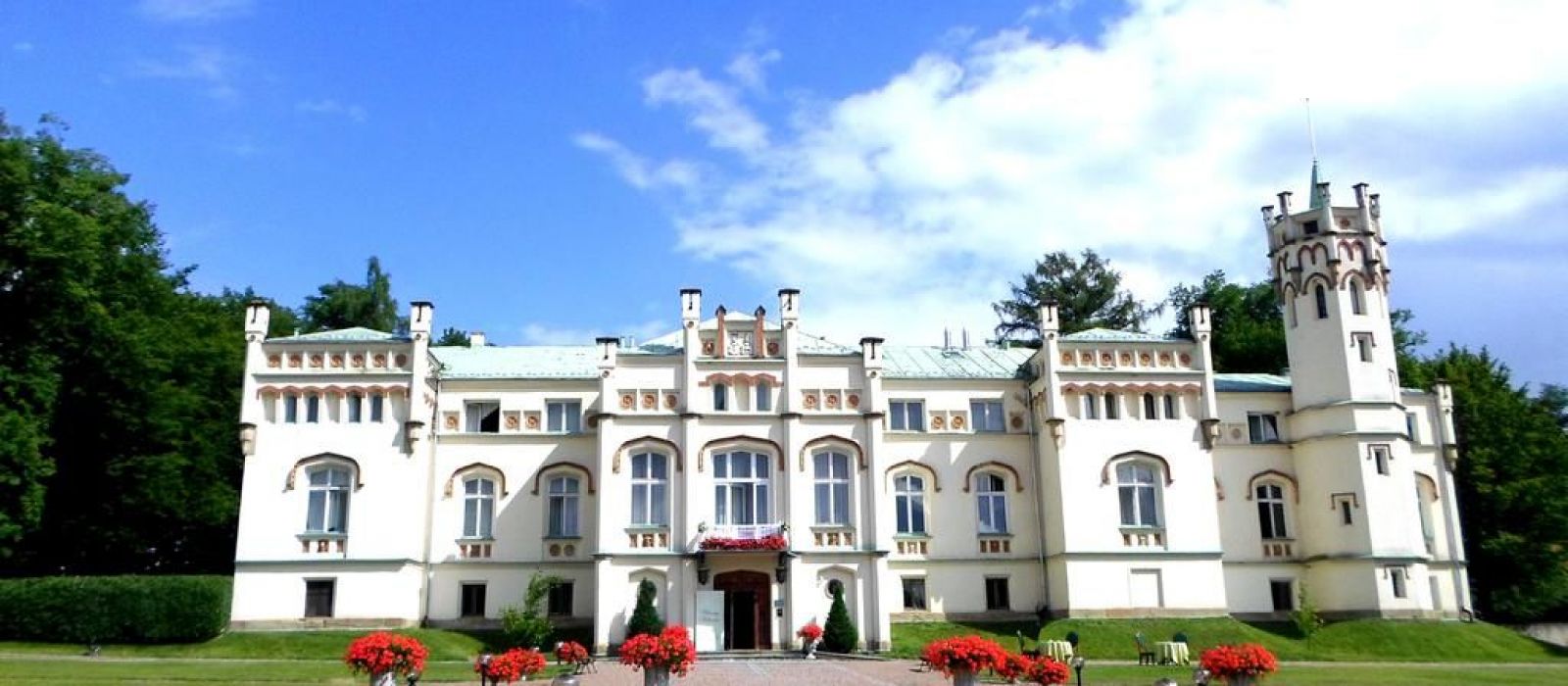
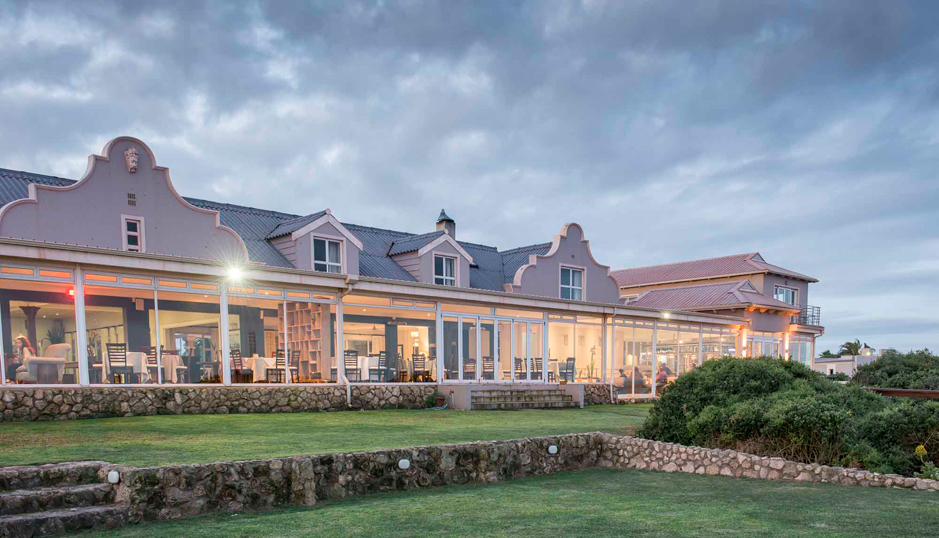
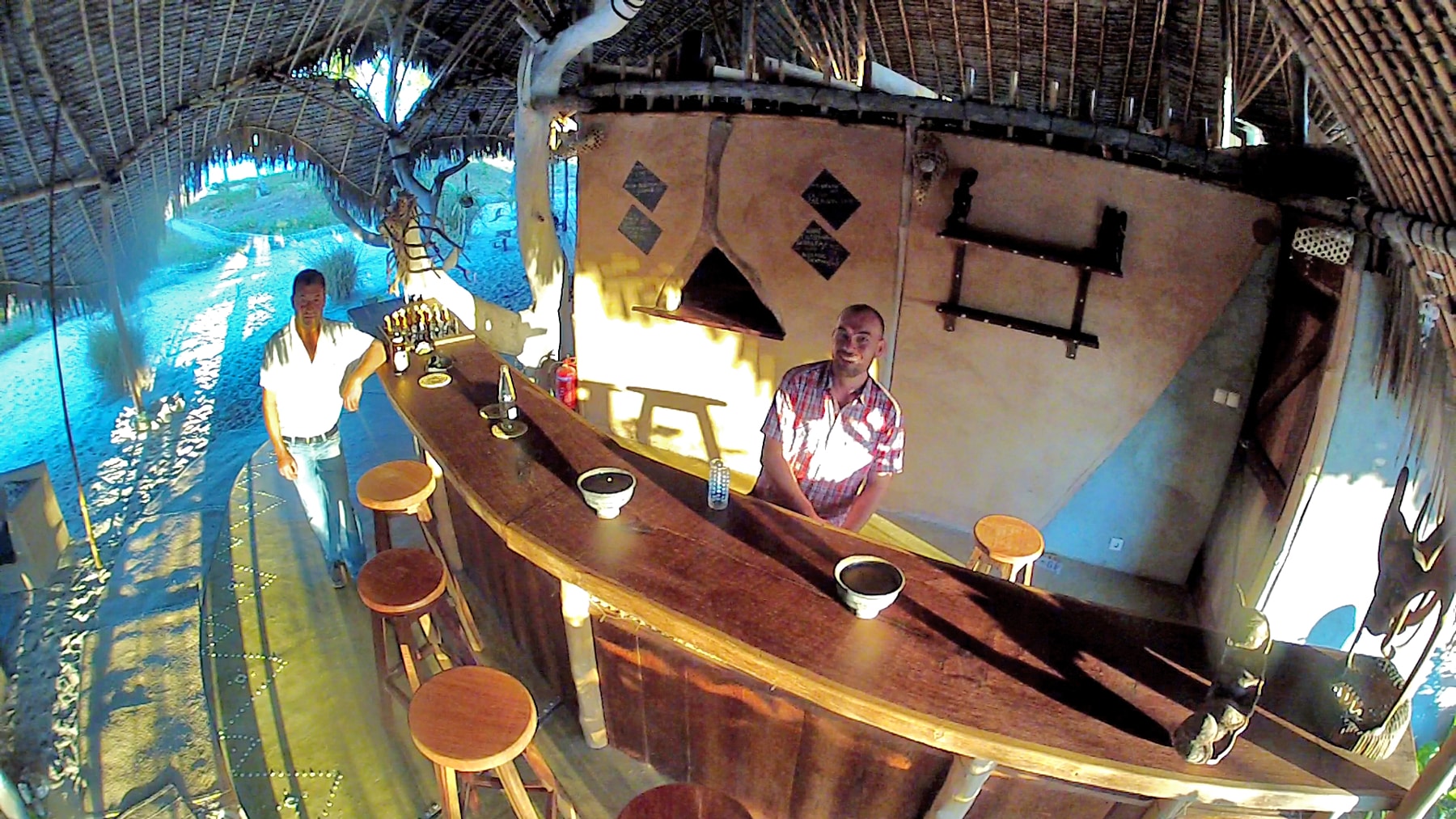
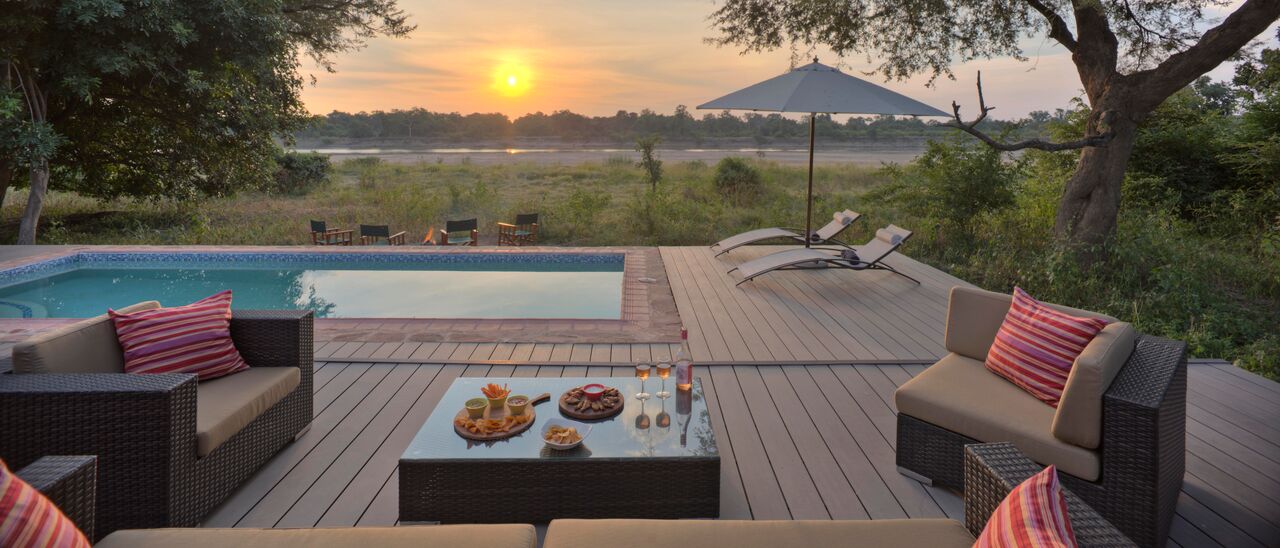
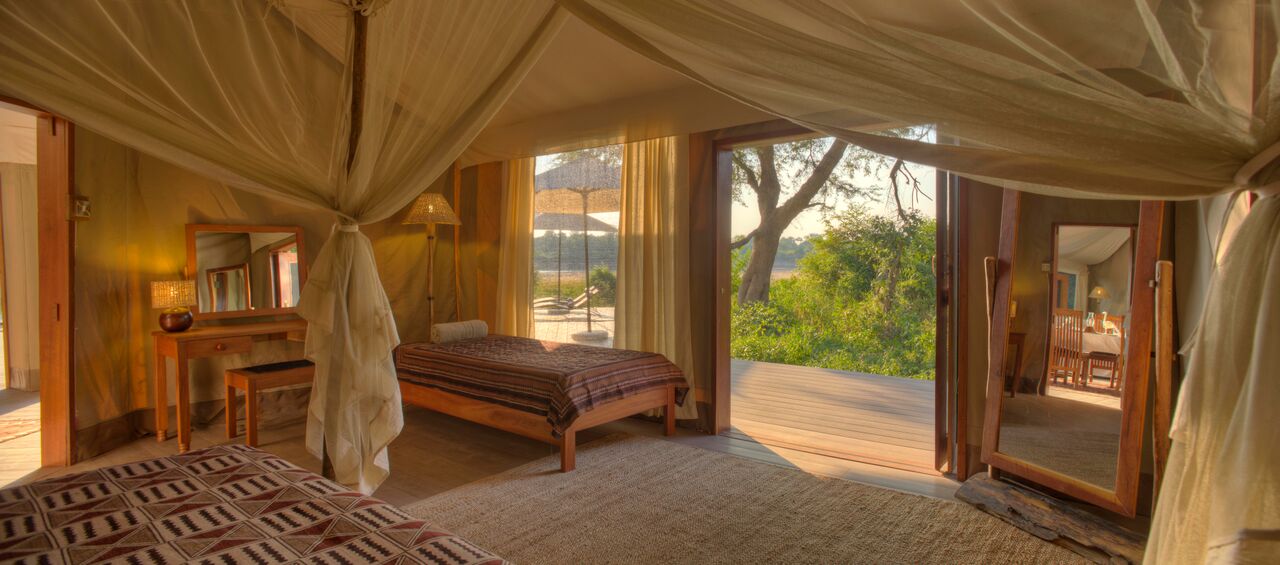
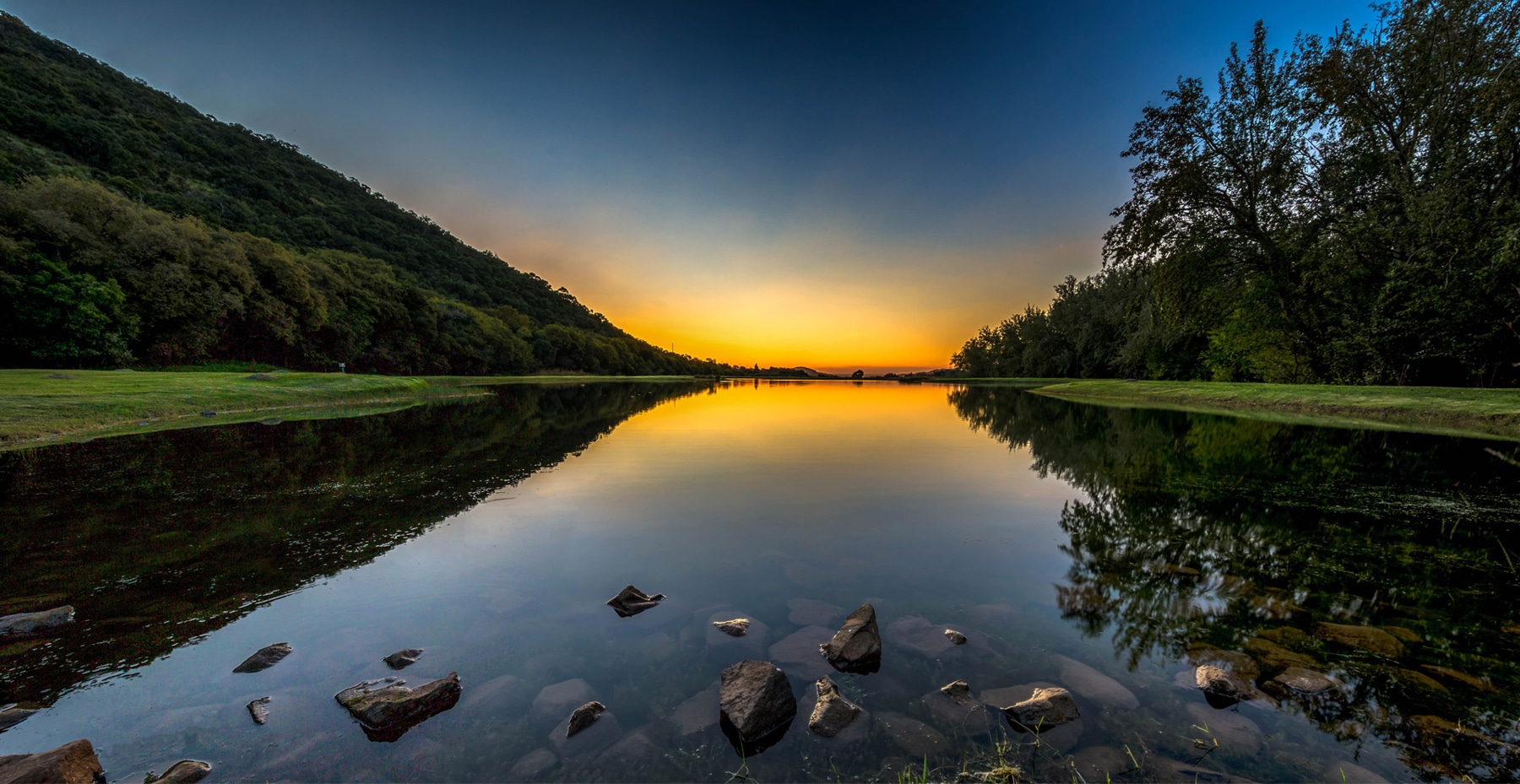
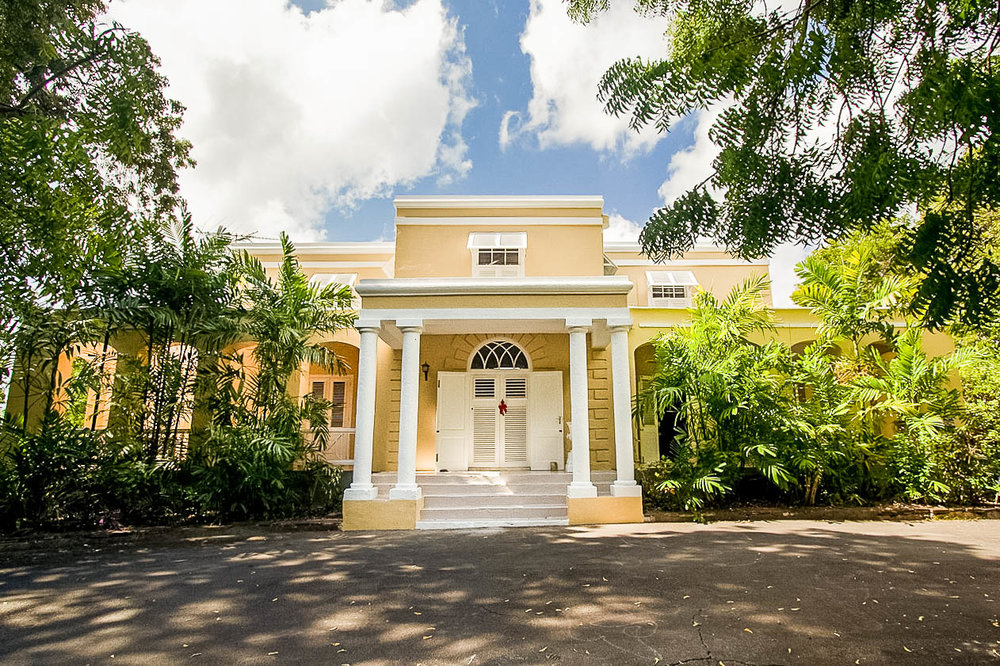
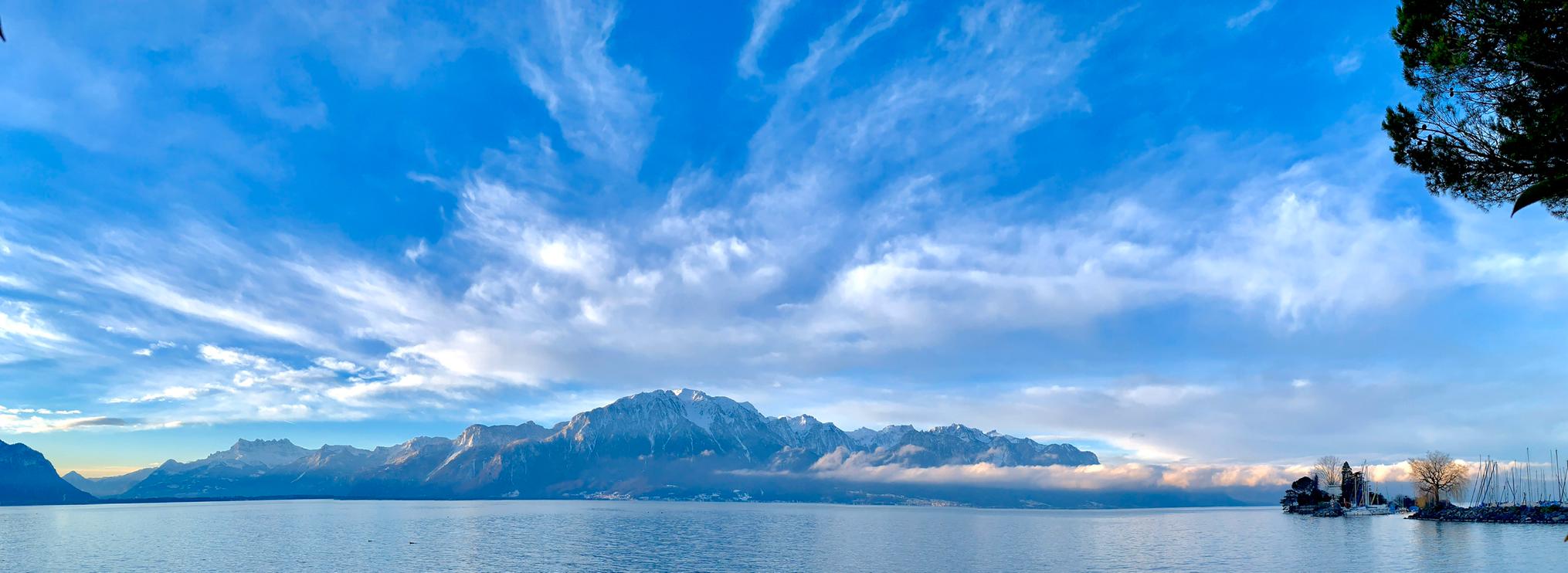
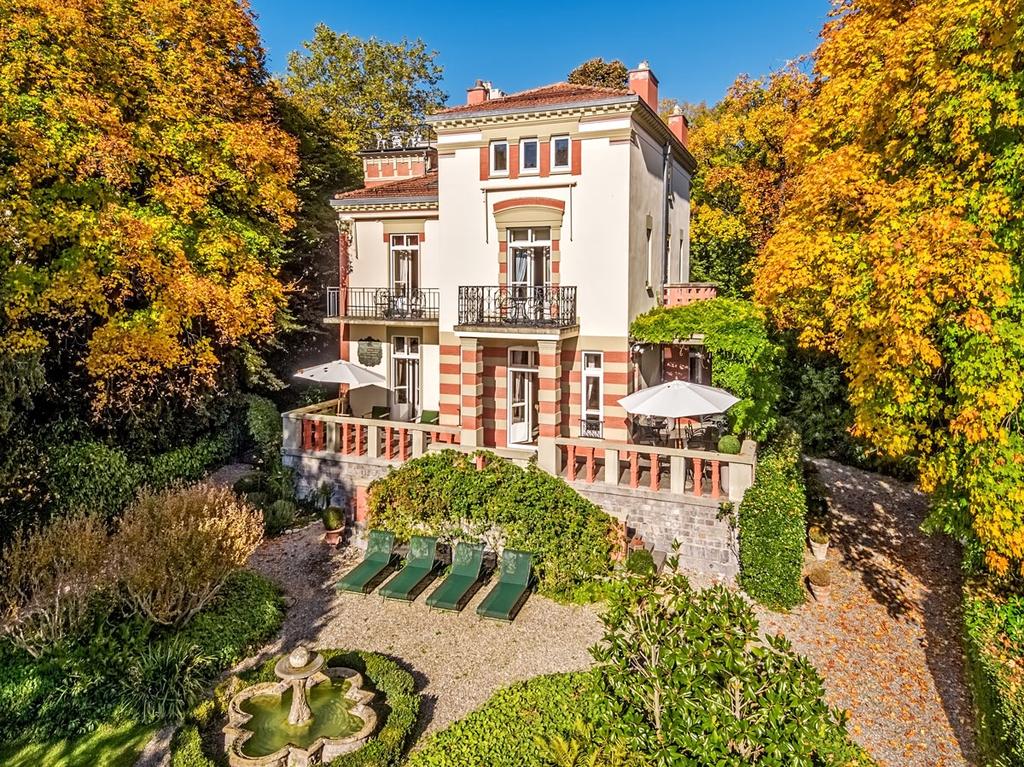
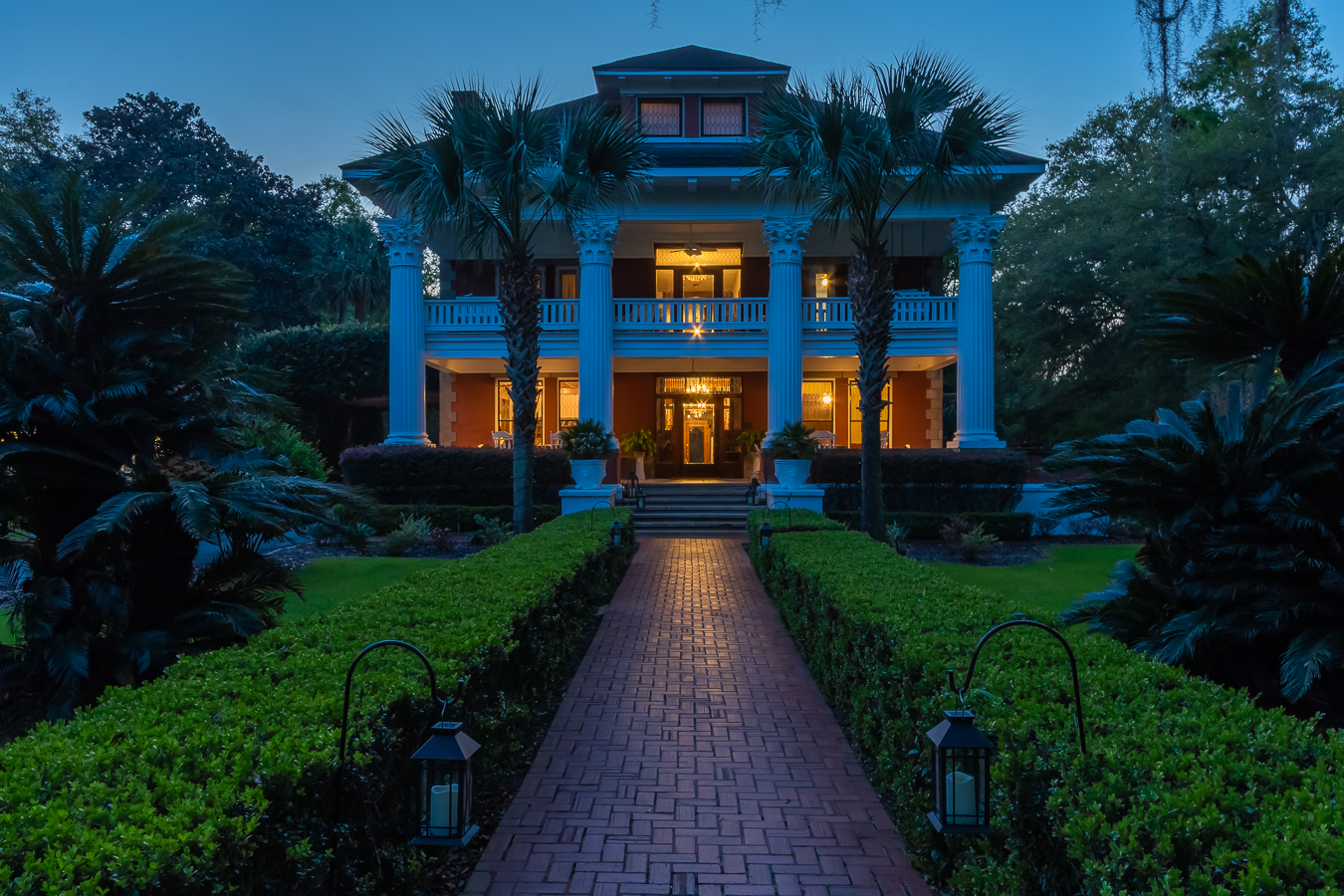
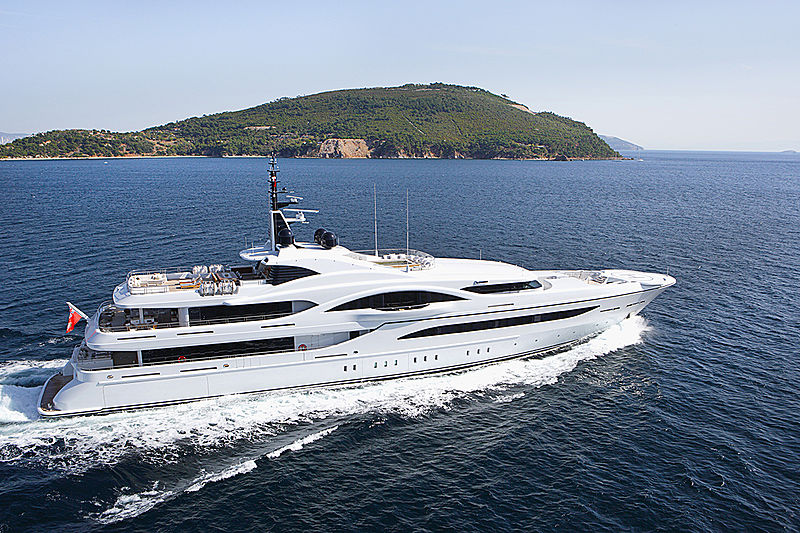
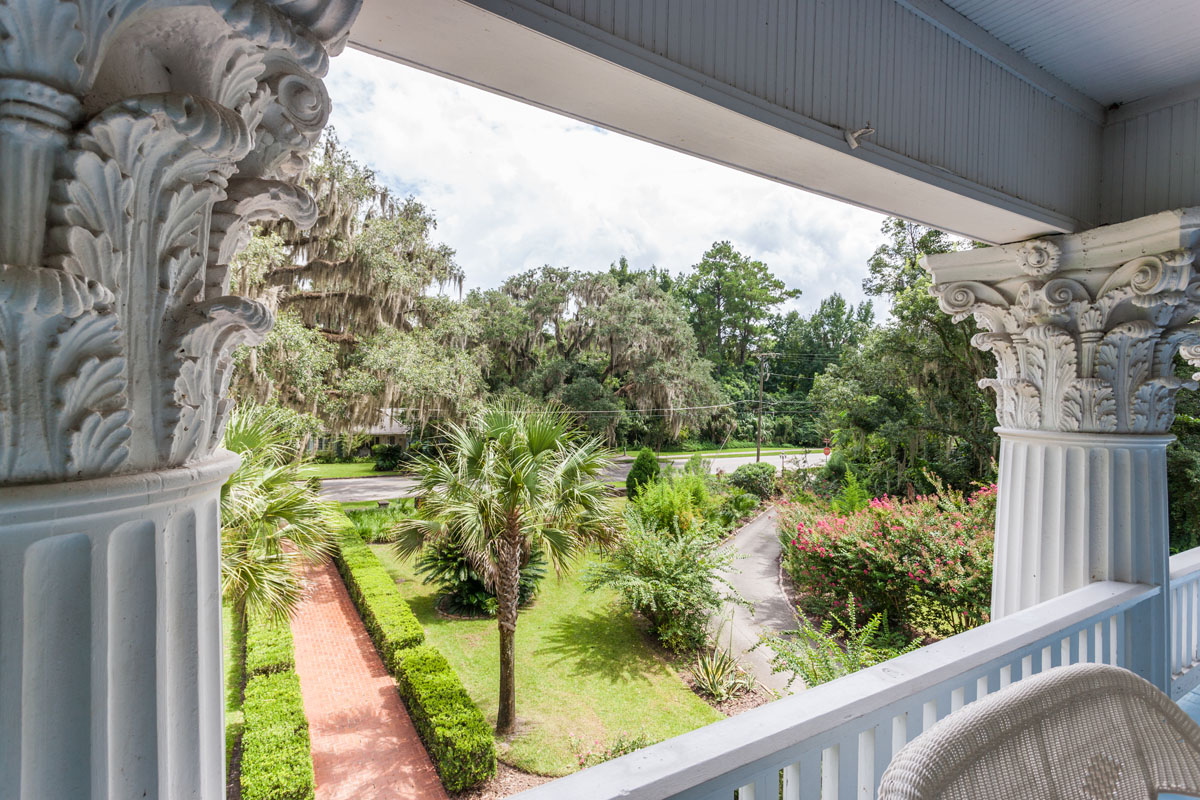
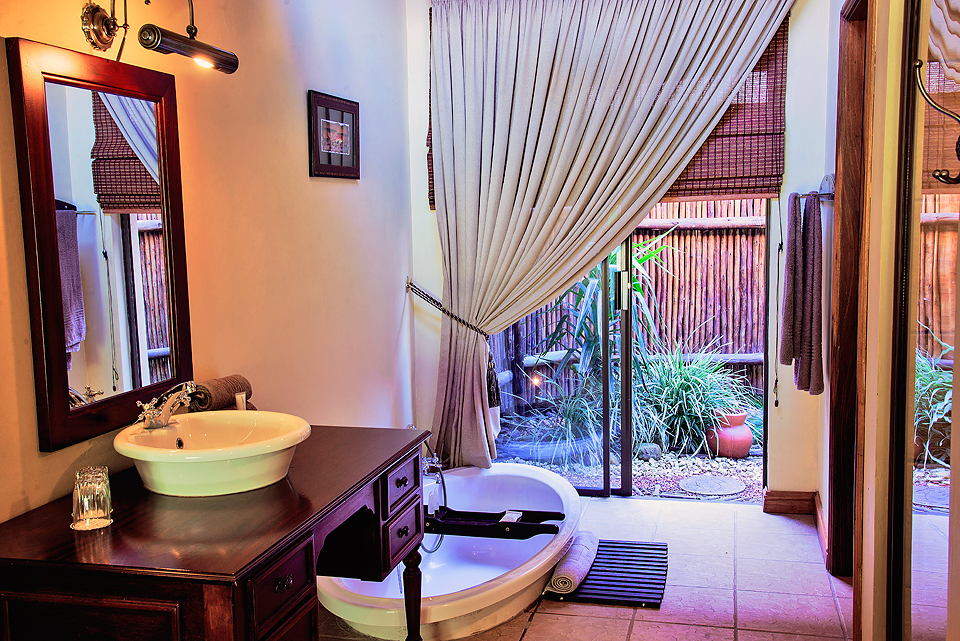
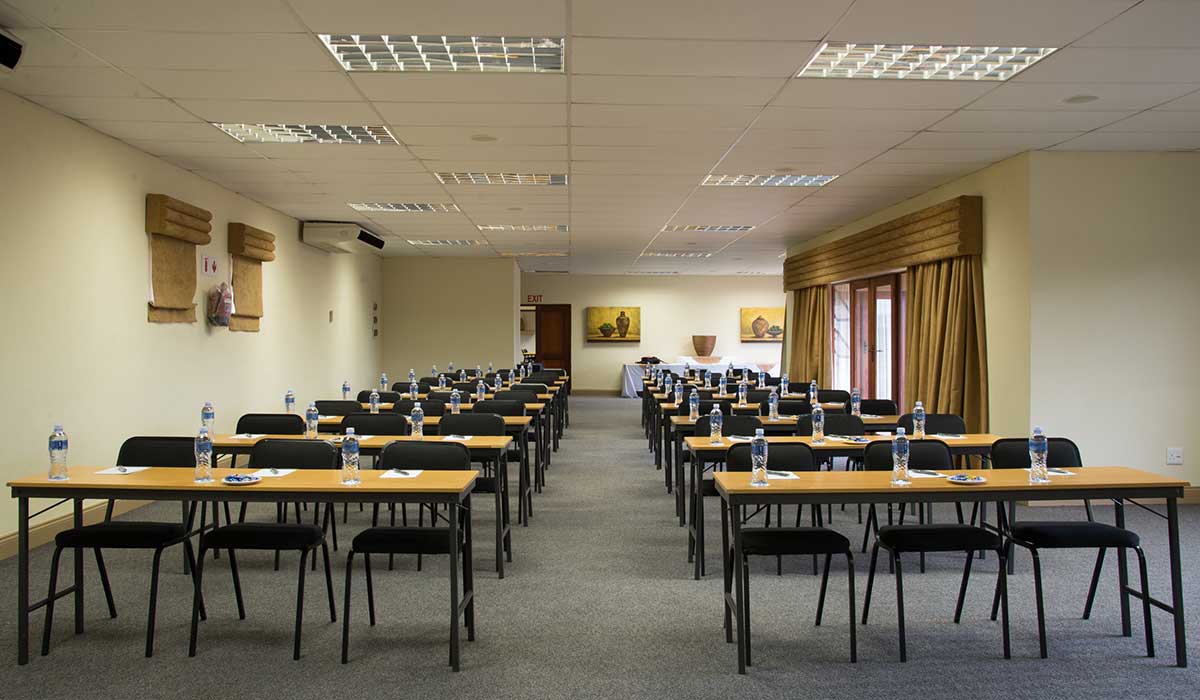
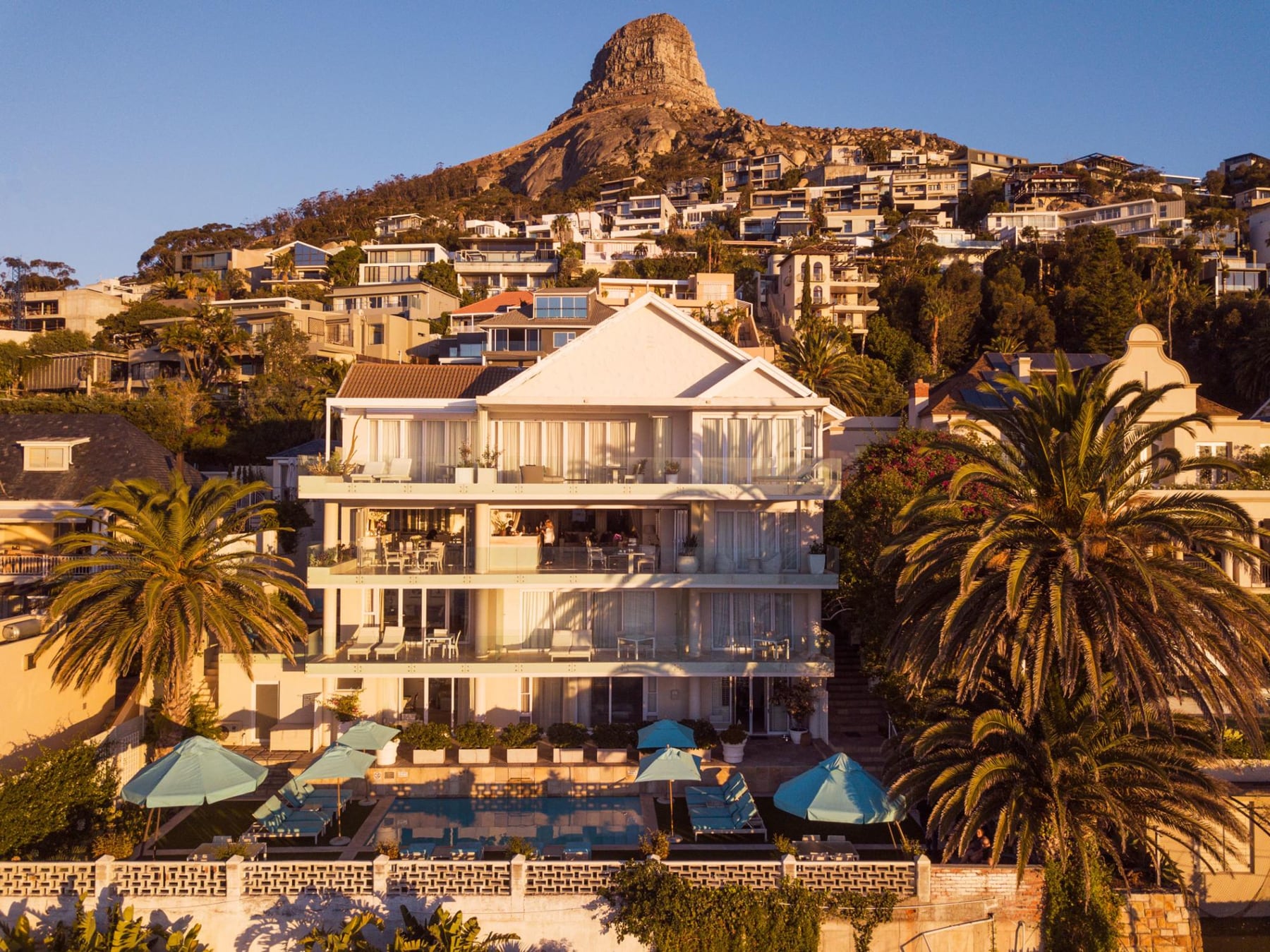
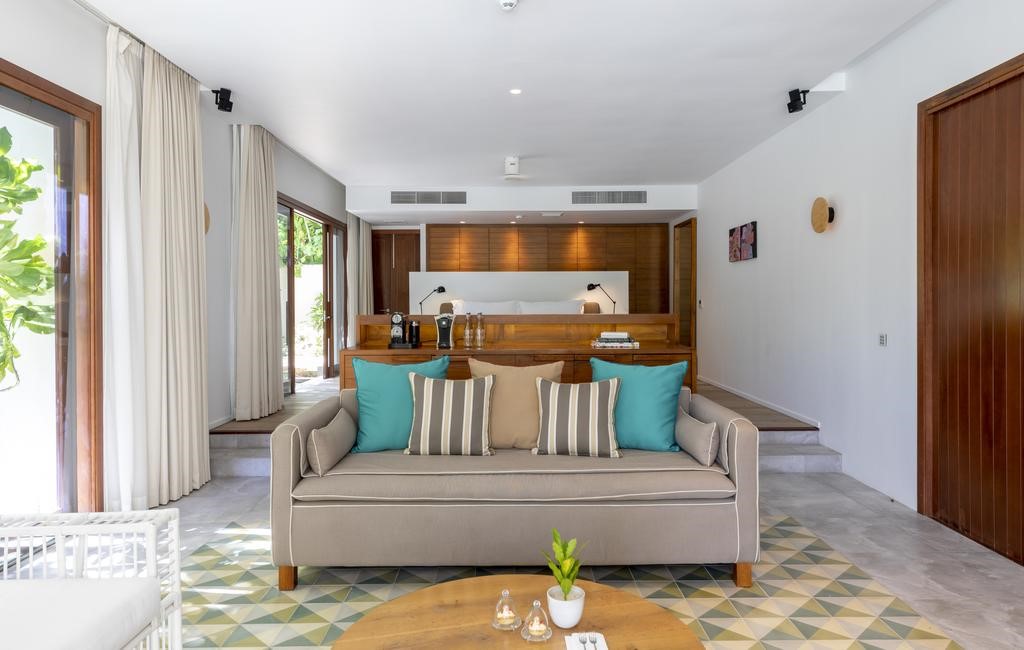
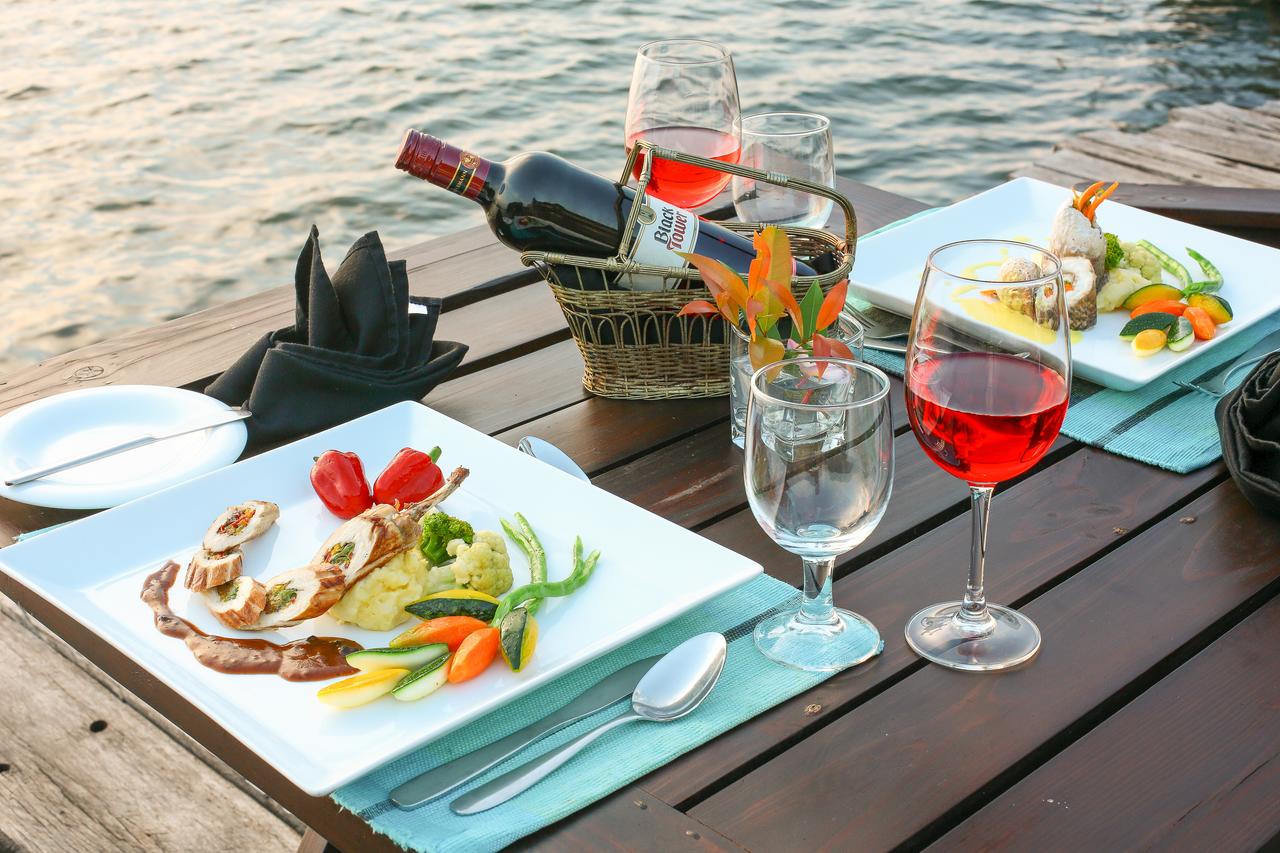
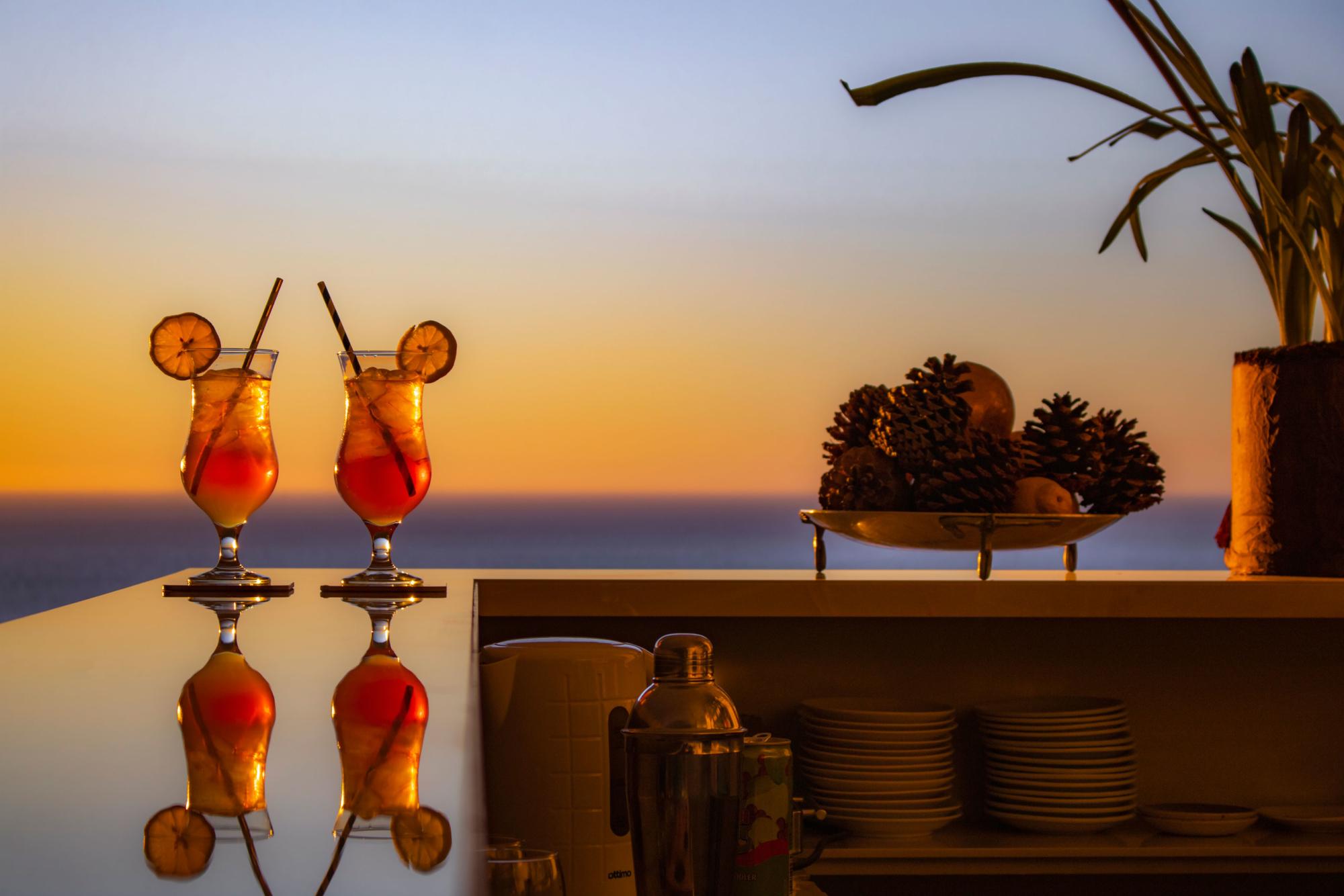


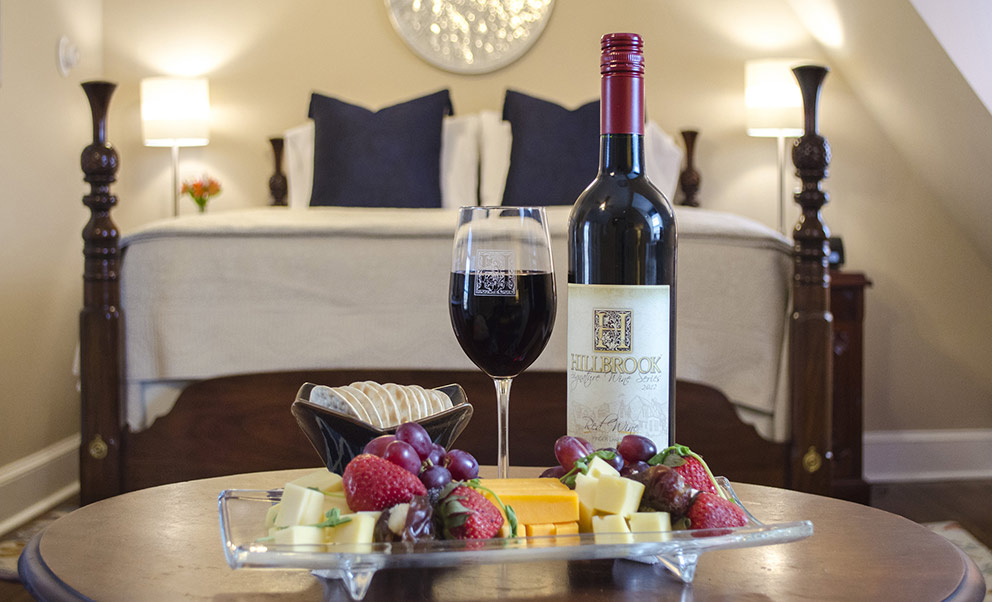

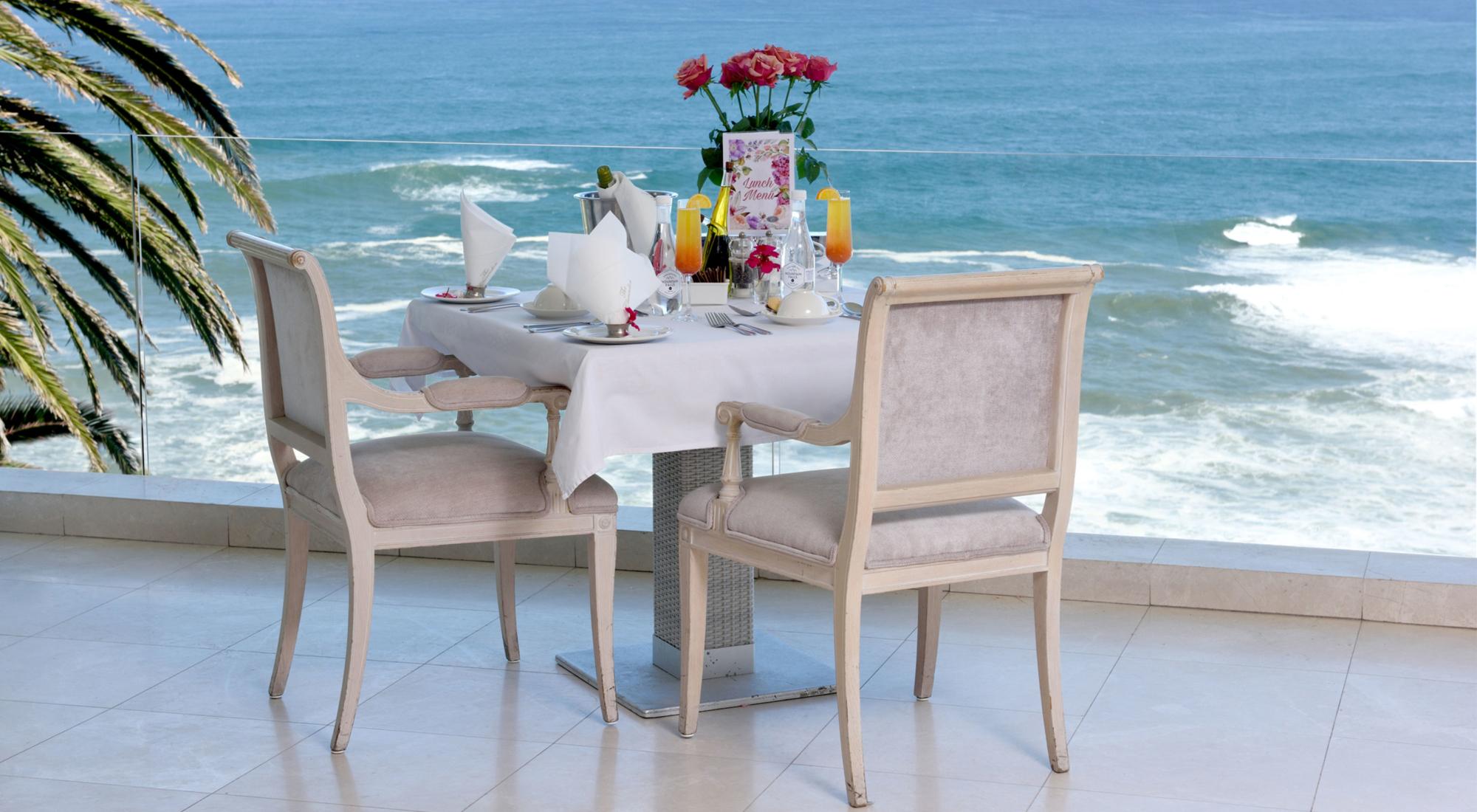


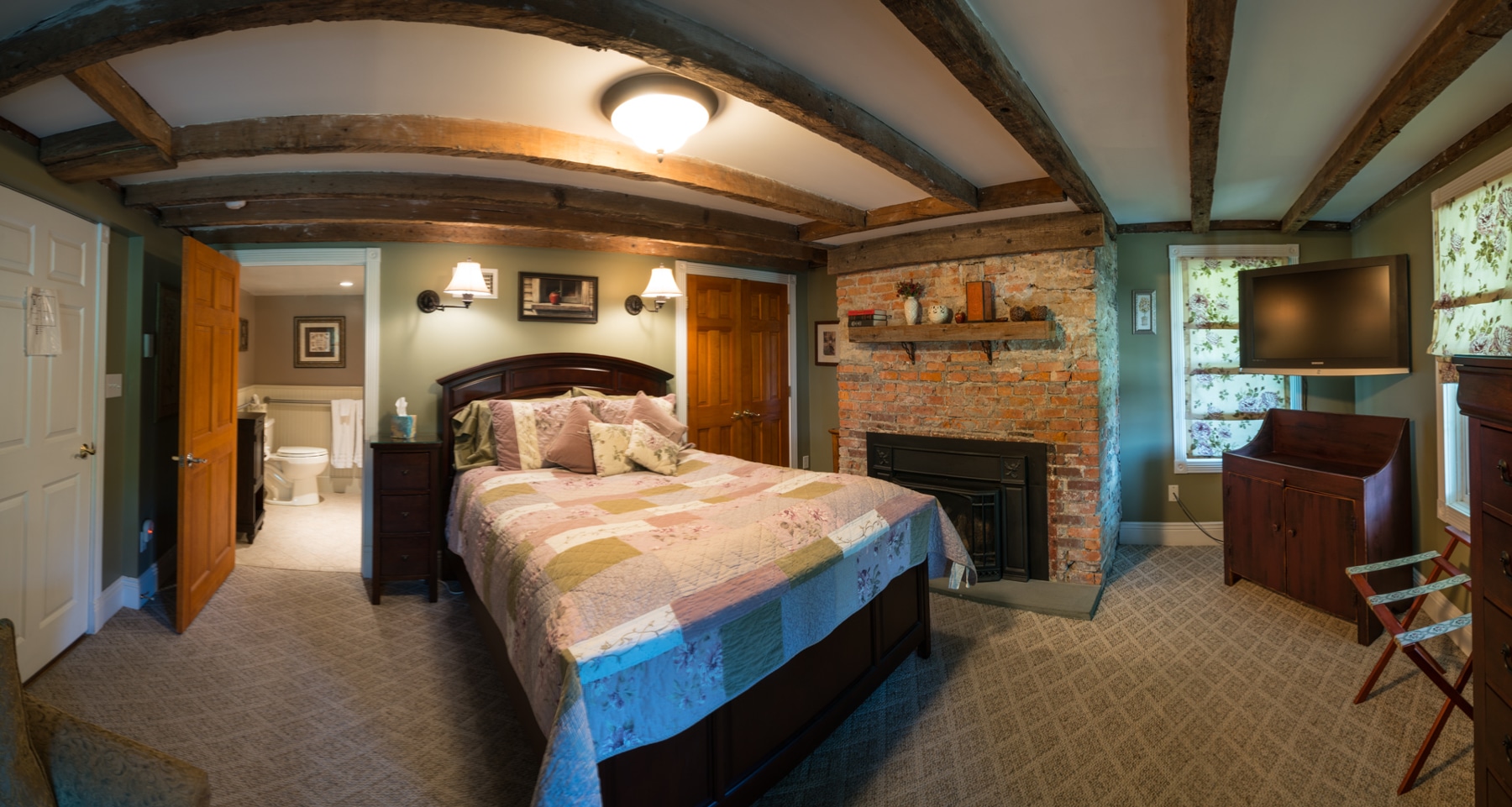
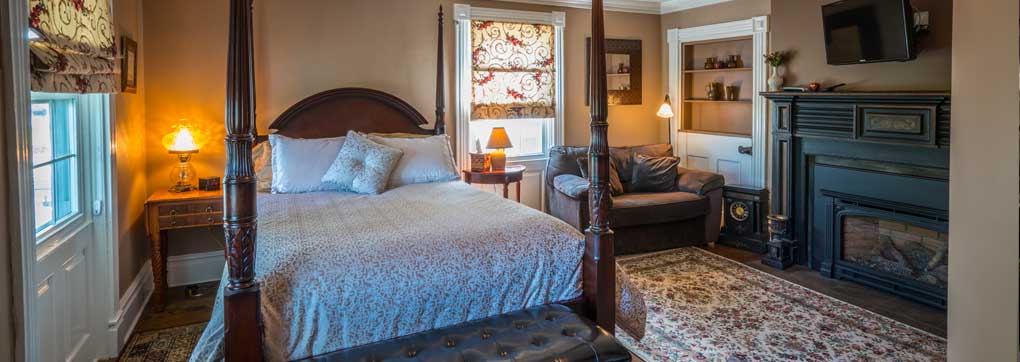
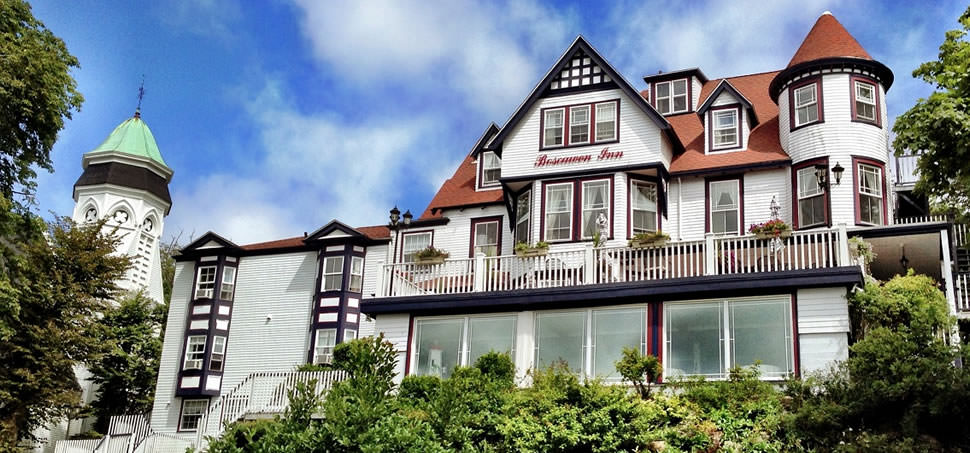
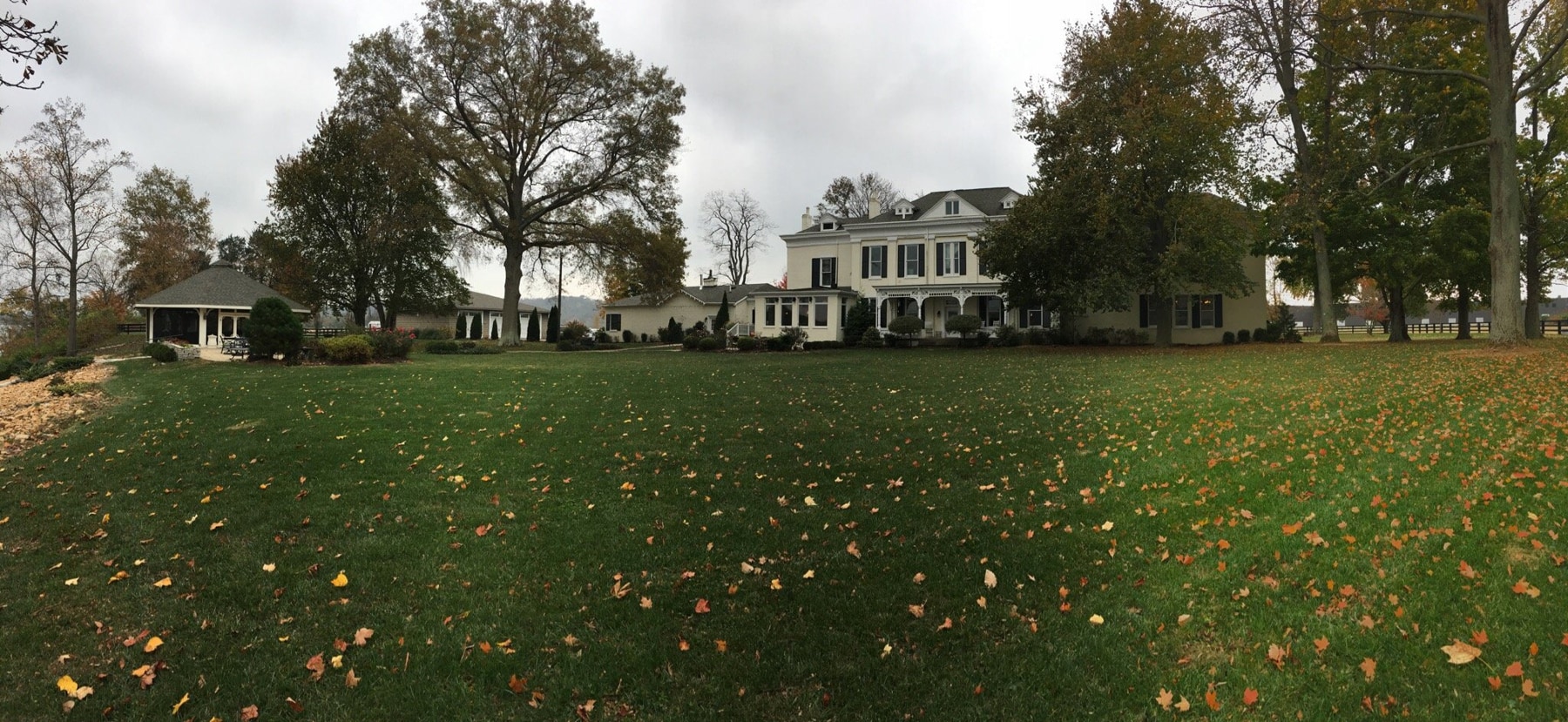

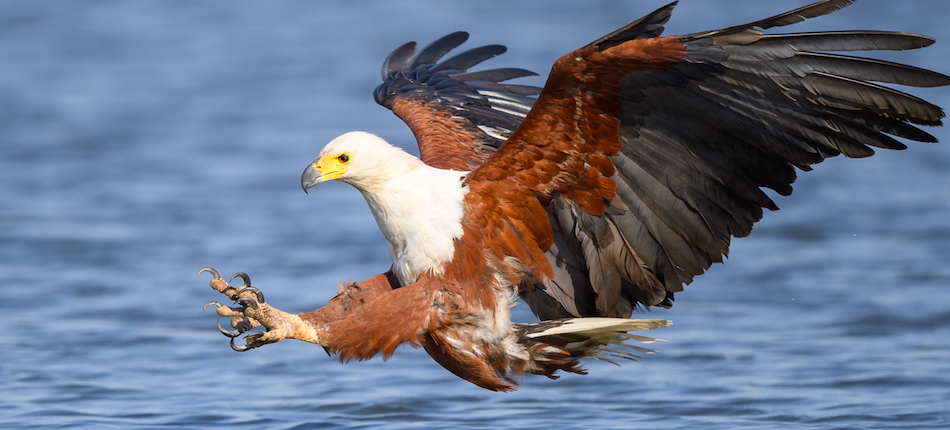
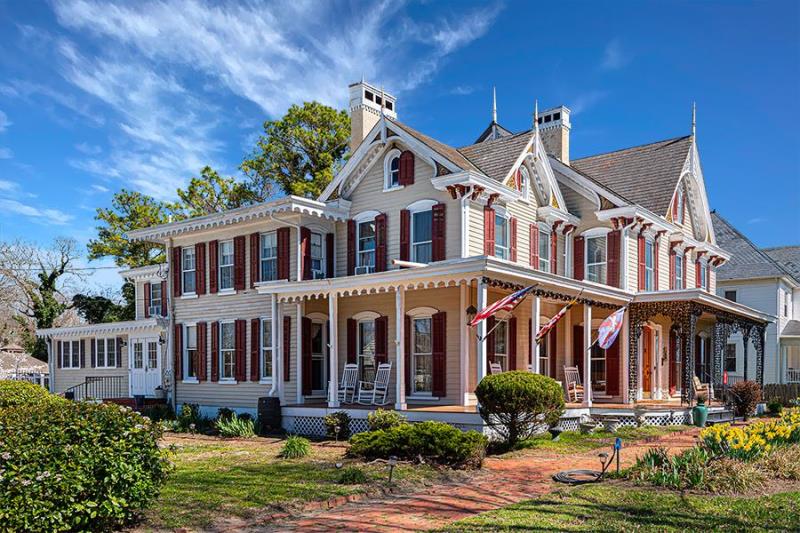
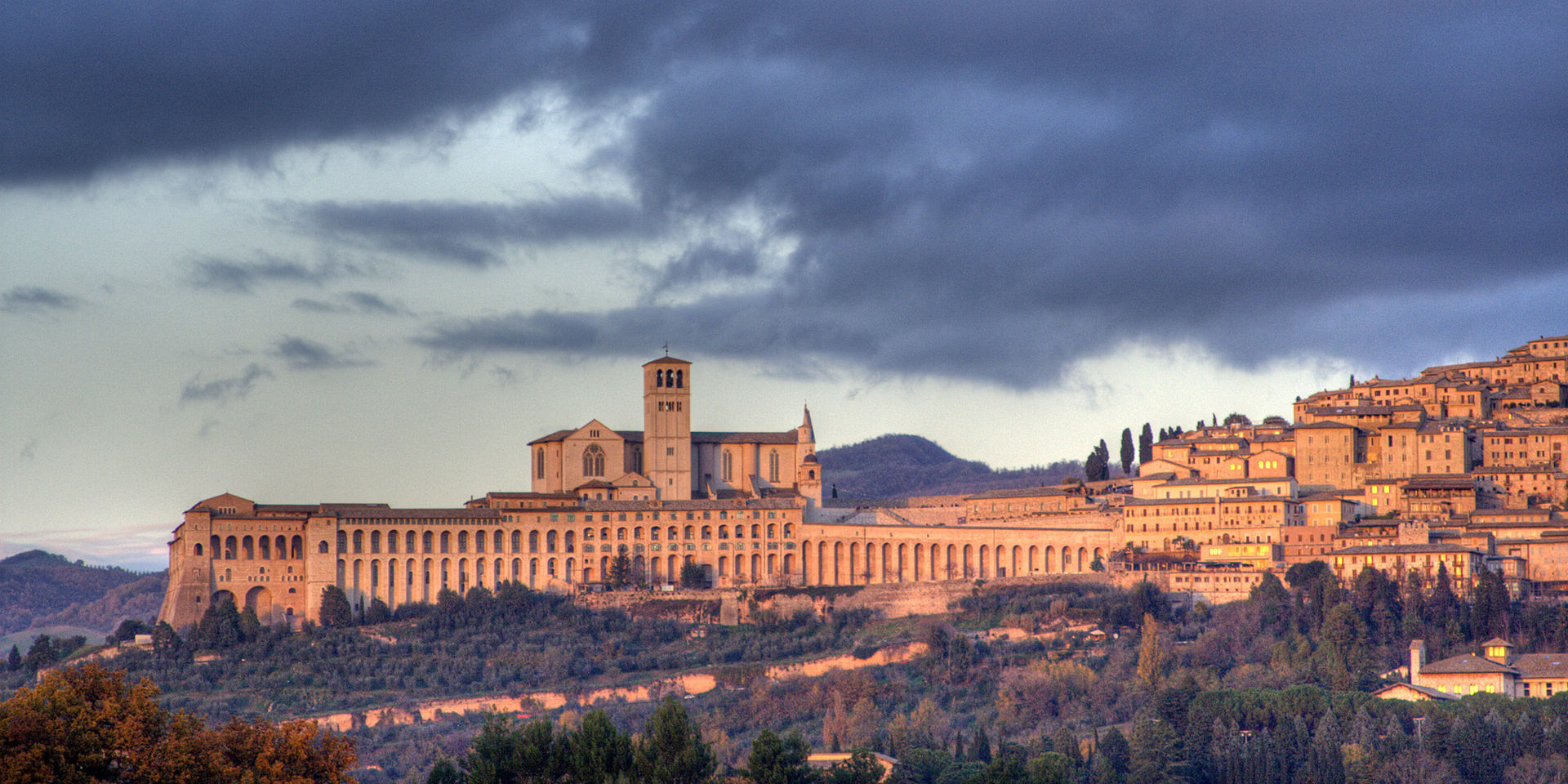
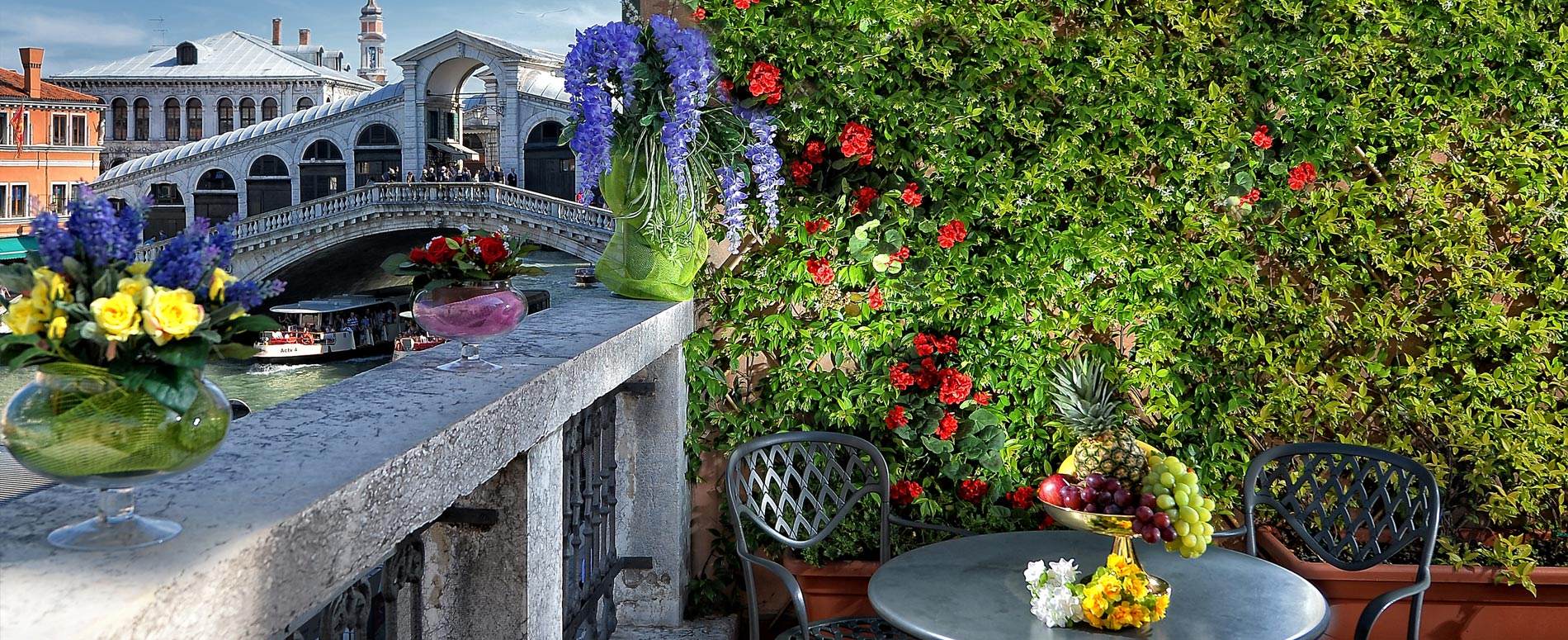
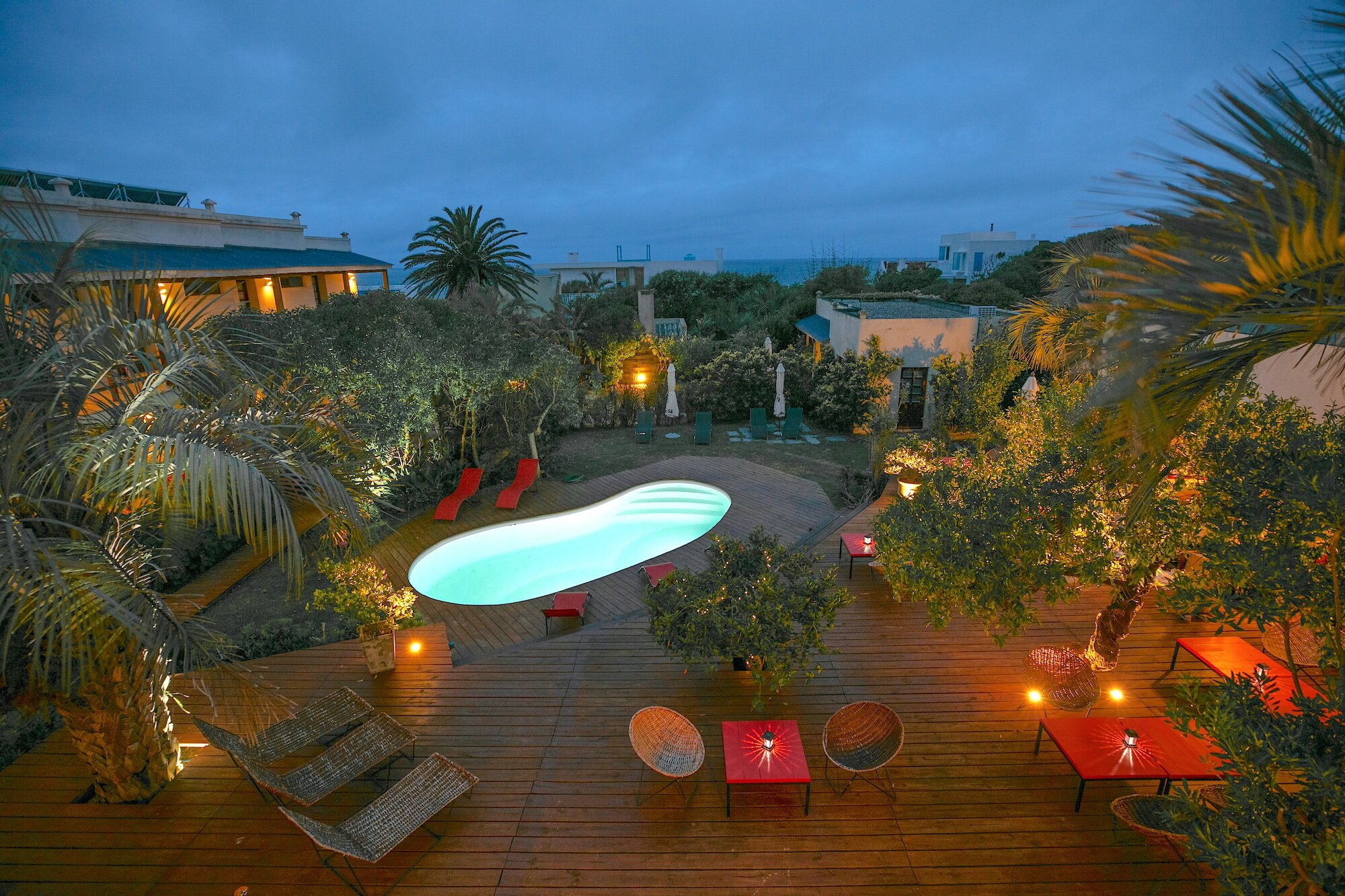
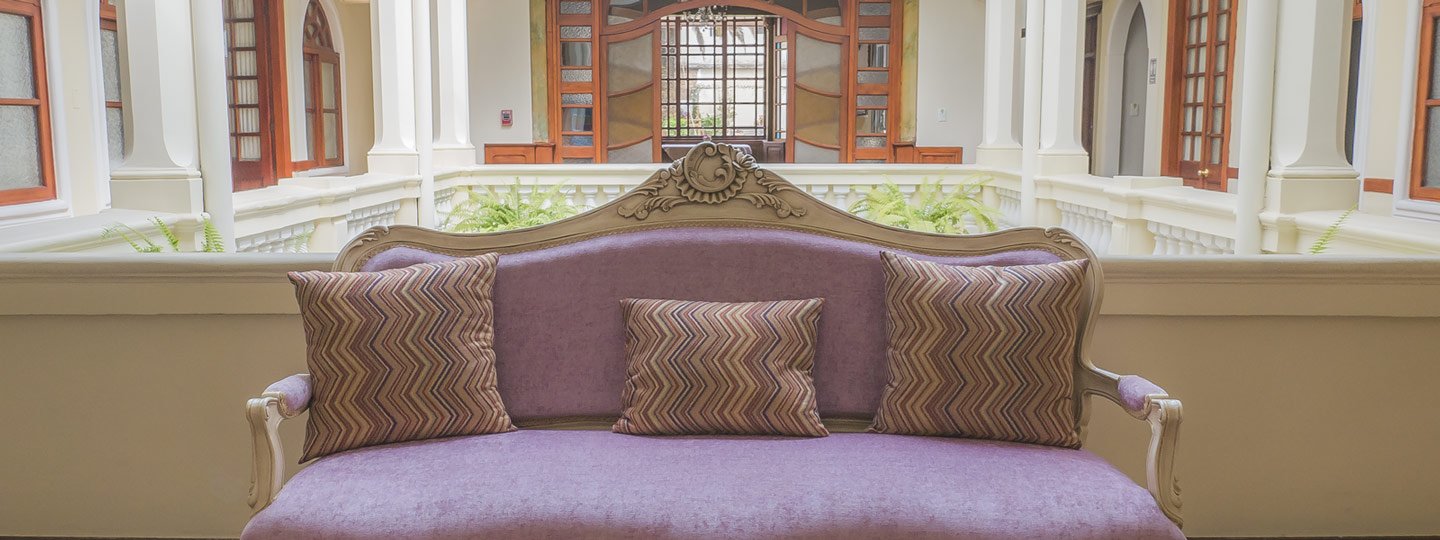
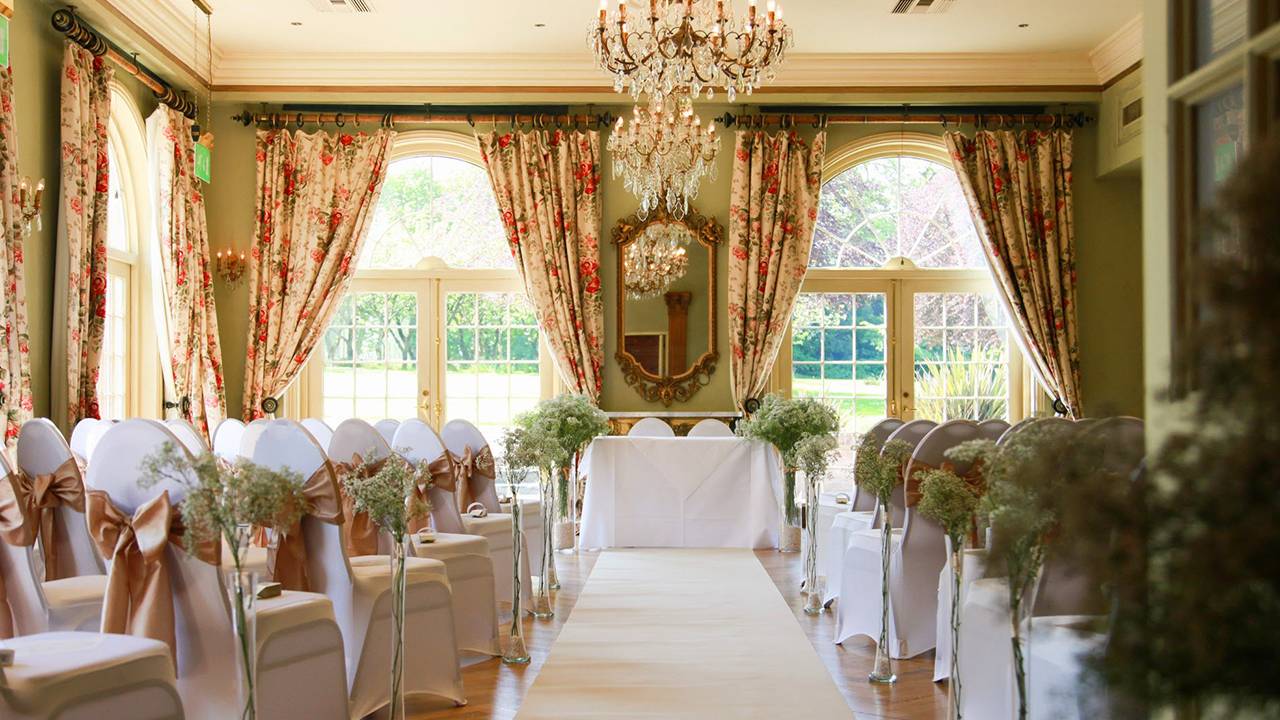
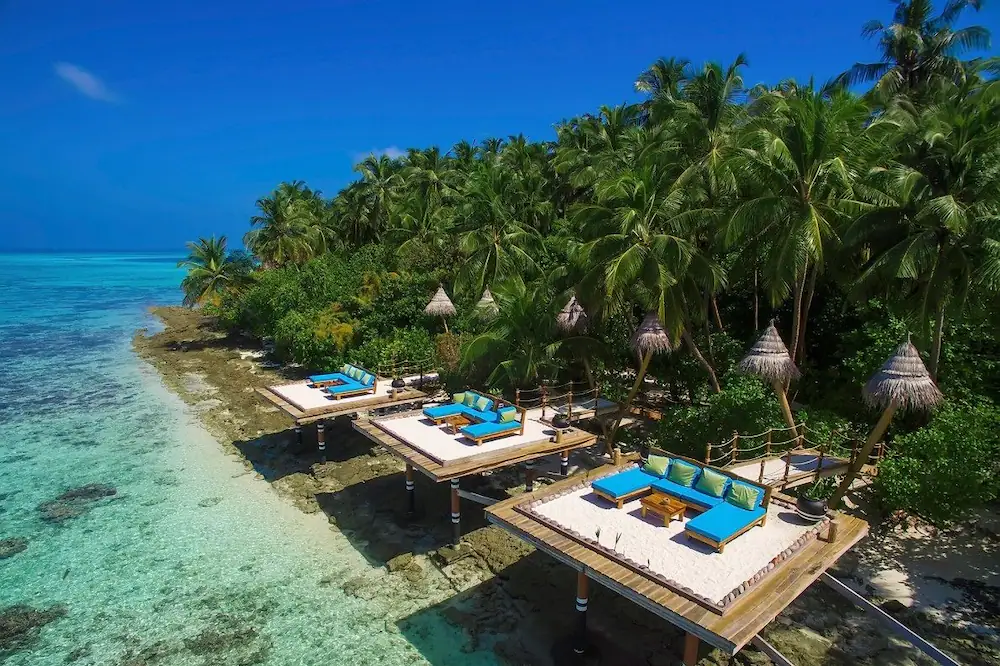
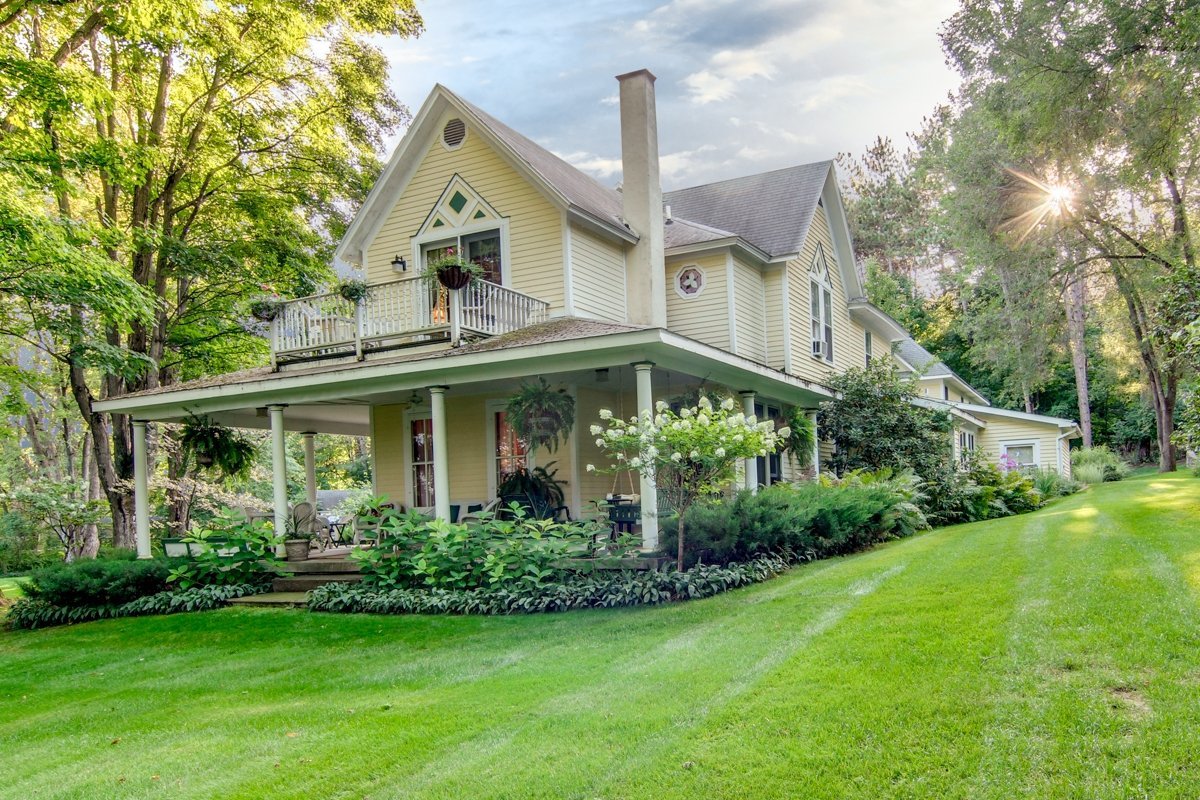
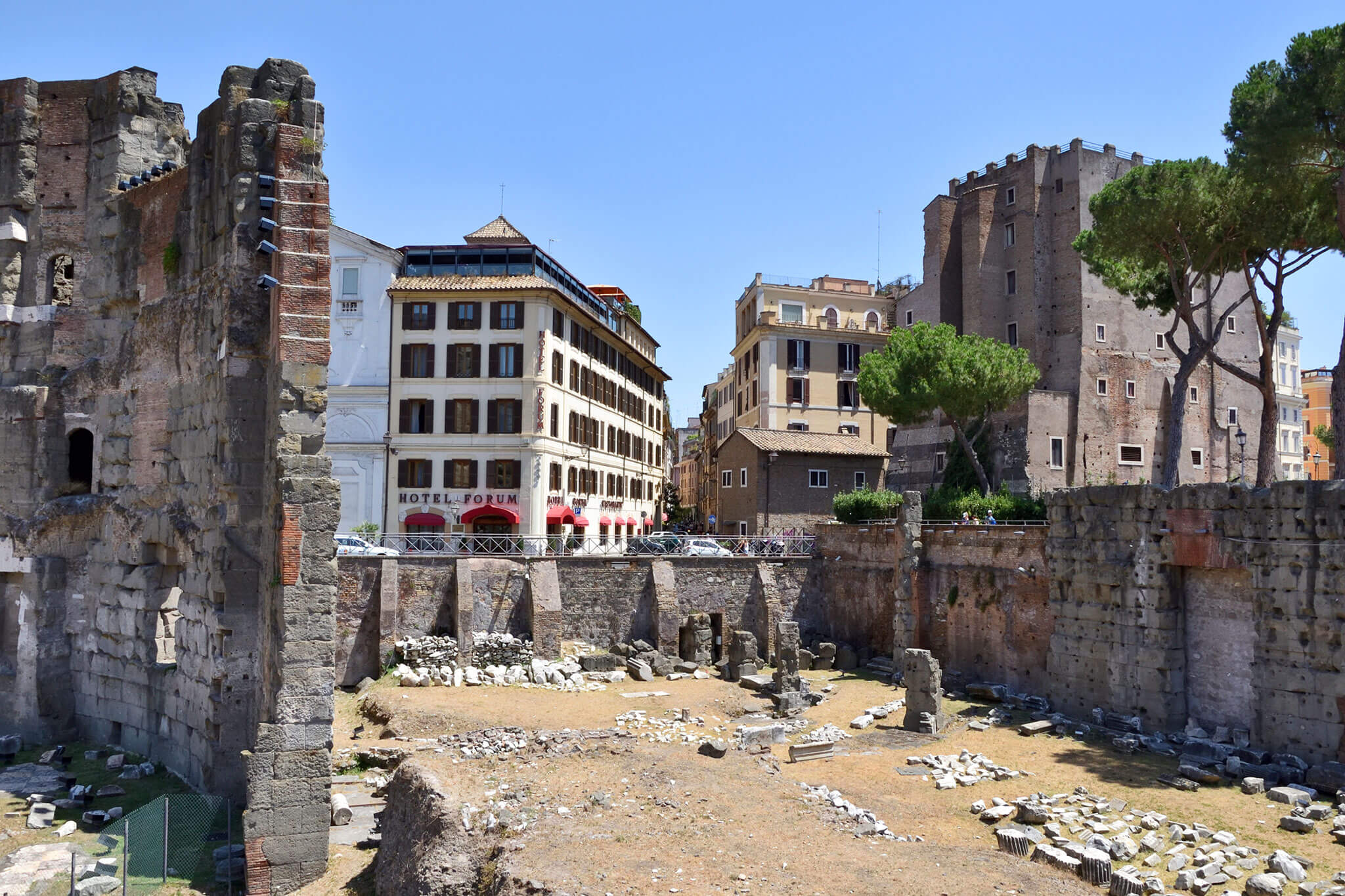
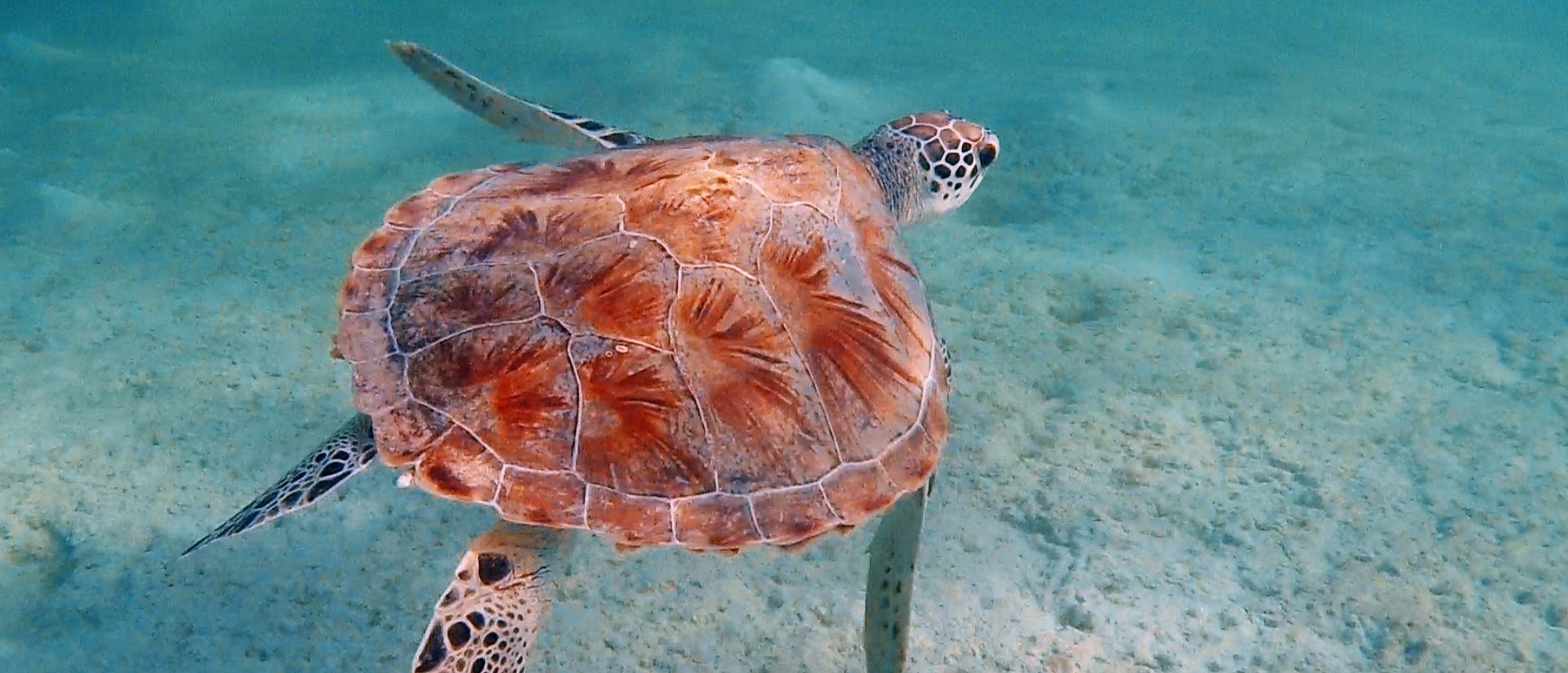
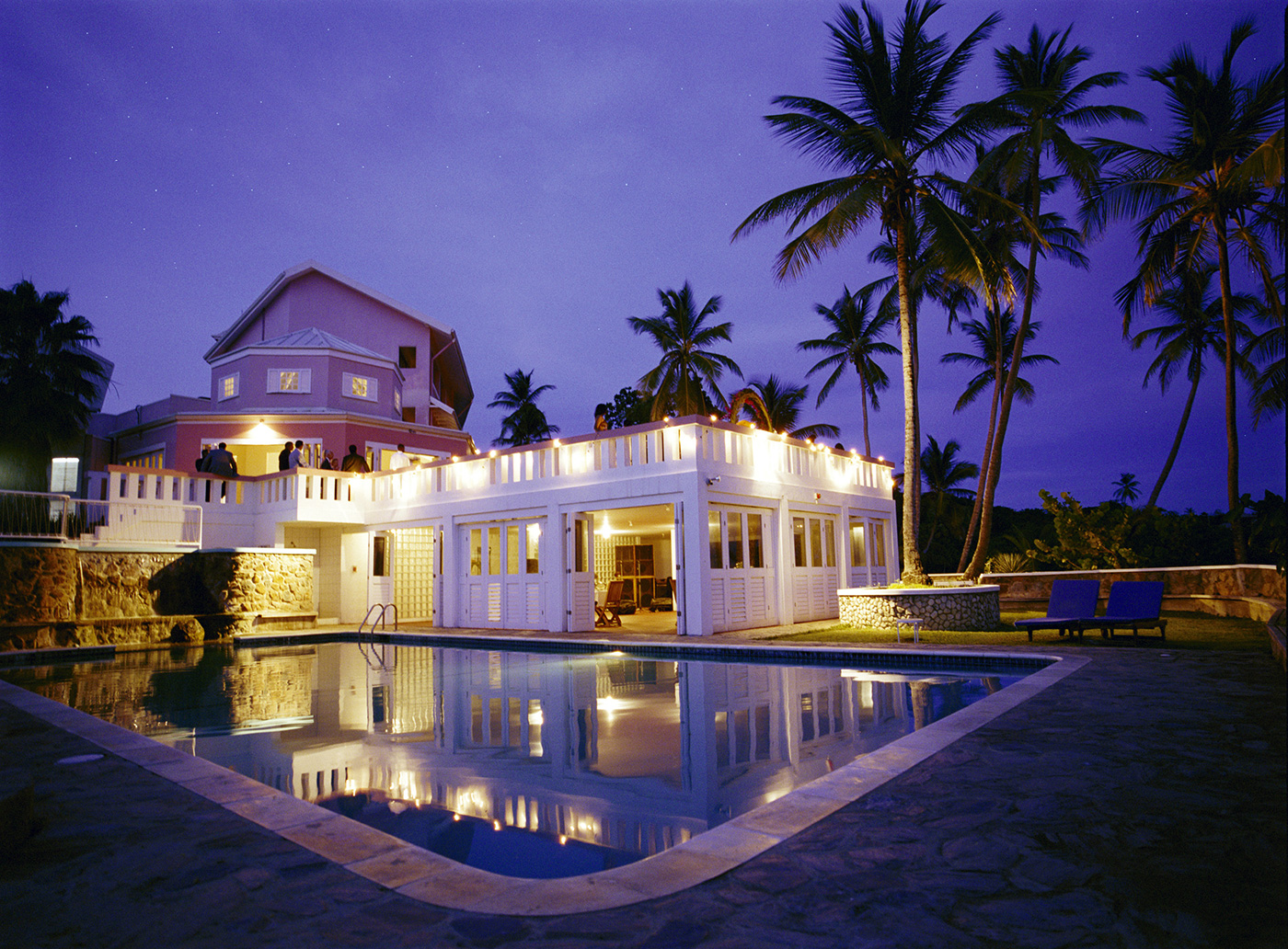
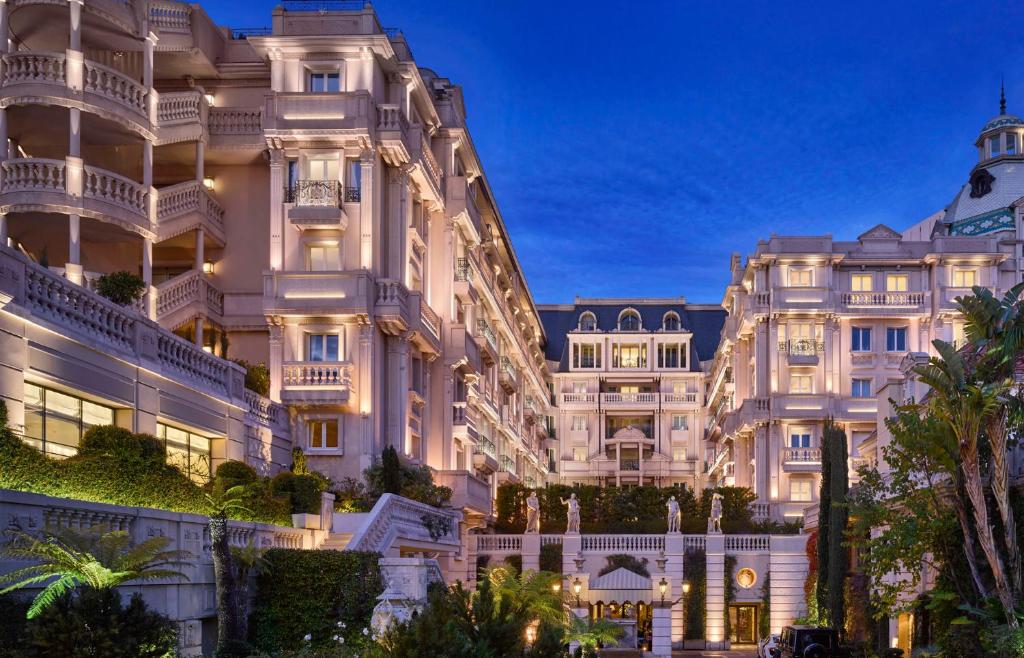
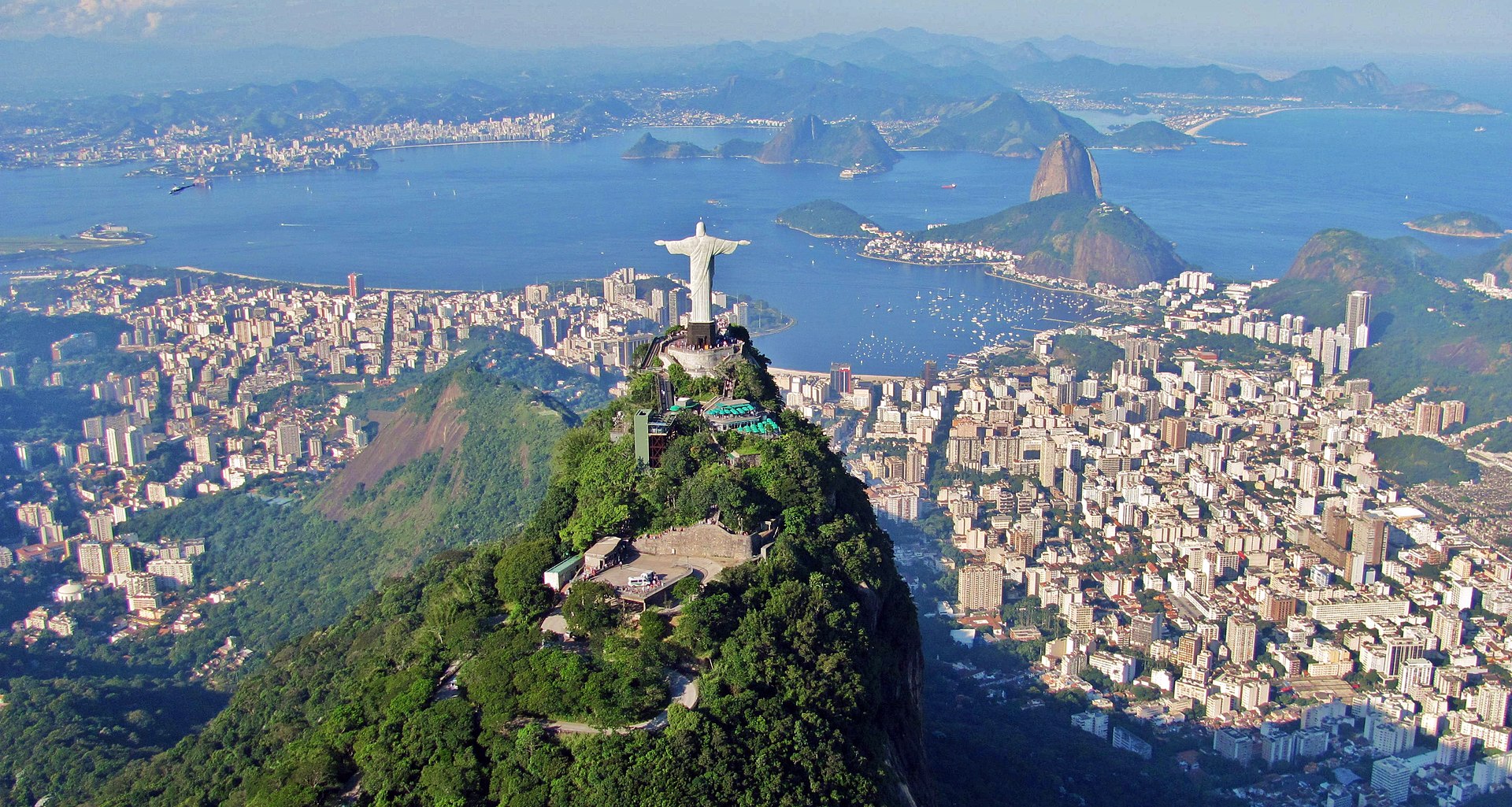
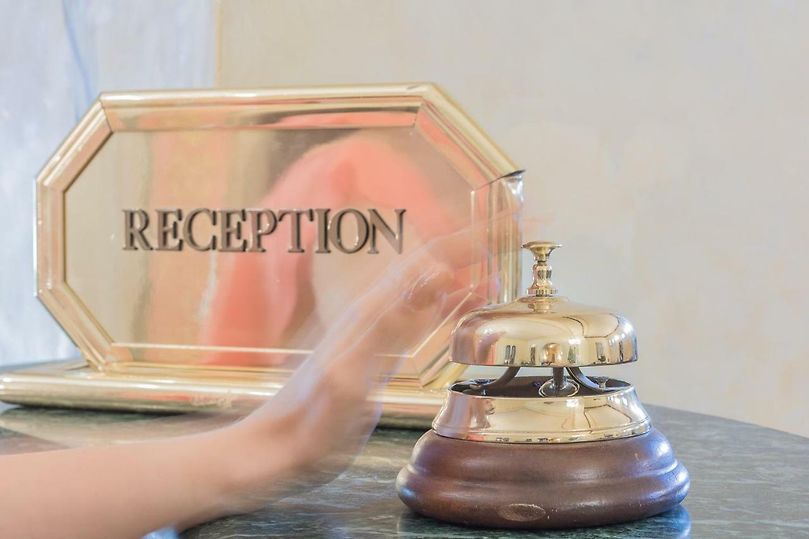
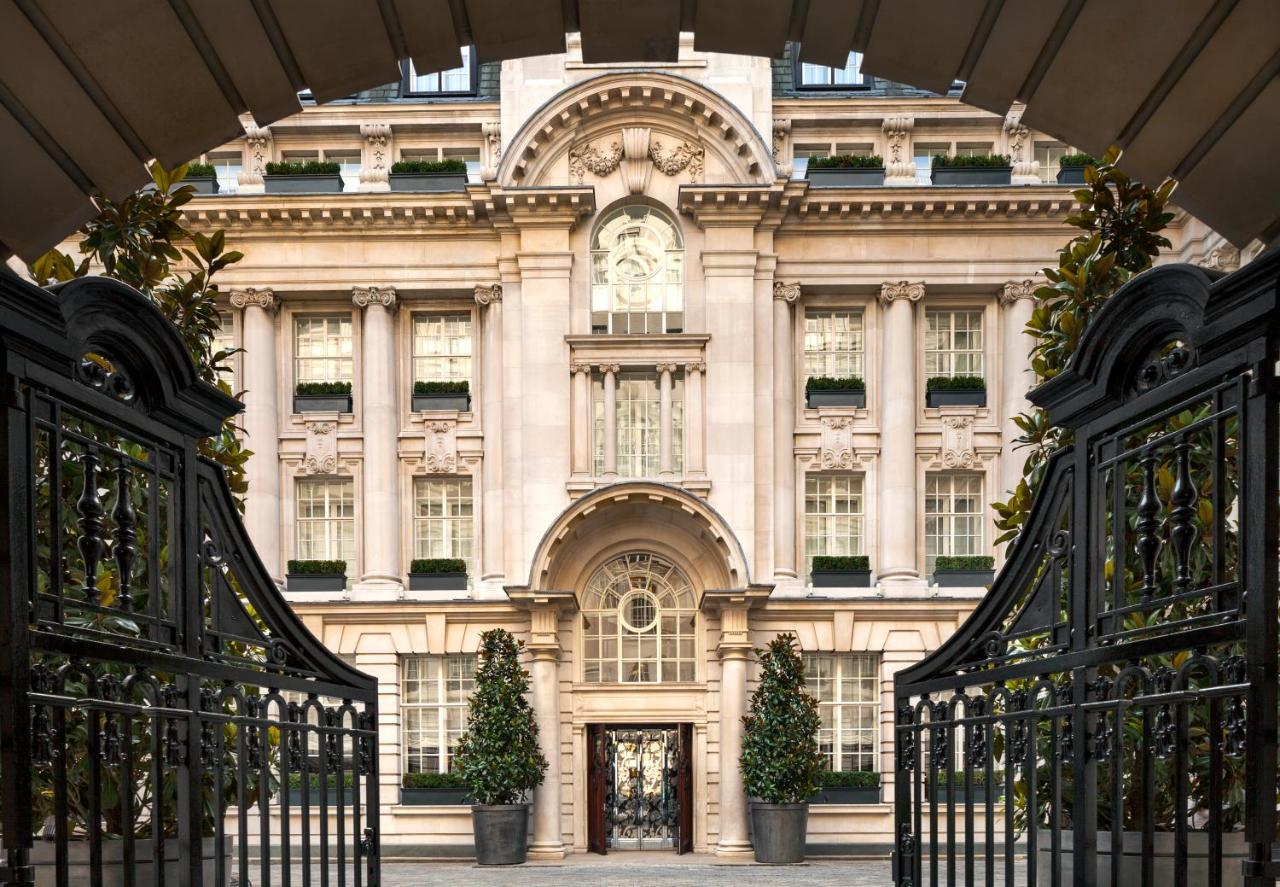
Bellville, Cape Town, Western Cape, South Africa
Agent: Cliff Jacobs - Managing Principal Estate Agent & CEO (Nat.Dpl.Hotel Man (UJ). M.P.R.E.)
Agent Cellphone: +27 (0) 84 413 1071 / +27 (0) 61 716 6951
Agent Office Number: +27 (0) 84 413 1071
Agent Email Address: cliff@exquisitehotelconsultants.com
Type: Guest House
Bedrooms: 47
Bathrooms: 47
Showers: 47
Parking: 50
Yield: Not Disclosed
Bellville
Belliville is a town in the Western Cape province of South Africa. It is situated adjacent to the Koelberg Mountains and also the University of Western Cape where it has its own campus.
Established
It was founded as "12 Mile Post" (Afrikaans: "12-Myl-Pos") because it is located 12 miles (20 km) from Cape Town city centre. It was first known as "Hardekraaltjie". Founded as a railway station on the line from Cape Town to Stellenbosch and Strand, it was renamed Bellville in 1861 after the surveyor-general Charles Bell. The motor registration number bears the number CY.
Hospitals and educational institutes
The Karl Bremer Hospital functioned as the Academic Hospital for the University of Stellenbosch Medical School, but now the adjacent Tygerberg Hospital houses the medical school. Other hospitals in Bellville are: Mediclinic International Louis Leipoldt and Melomed. The Cape Peninsula University of Technology, University of the Western Cape, University of Stellenbosch Business School and Northlink College are also situated in Bellville. D.F. Malan High School, Bellville High School, Westcliff School of Skills, The Settlers High School and Stellenberg High School are located in the area. Primary Schools are: Bellpark,[3] Bellville, Bellville-North, Boston, Eversdal, Excelsior, Kenridge, Mimosa, Totius, Belville Islamic Primary School, Vredelust and Welgemoed.
Other places of interest
The Bellville Velodrome is located in the Tyger Valley area of Bellville. The Bellville Velodrome has an indoor cycling track and is next to the Bellville athletics track that used to host the annual MTBS athletics competition. Bellville Mall, Tygervalley Shopping centre and Willow Bridge are shopping centres in Bellville. The last two shopping centres were built on the grounds that used to be a quarry and a jail.
Sanlam's head office is also located in Strand Road, Bellville.
Other sports an entertainment includes: Bellville Golf Course, Bellville library, Bellville swimming pool , Cool runnings, Jack Muller Danie Uys Park (The Parkrun in Bellville is done here) and PP Smit Sport fields
The head office of the Bible society of South Africa is situated in the city
Tygerberg Nature Reserve is just above Welgemoed, one of Bellville's suburbs.
Cape Town
Cape Town is the oldest and second-largest city in South Africa, after Johannesburg, and also the seat of the Parliament of South Africa.
Colloquially named the Mother City, it is the largest city of the Western Cape province and forms part of the City of Cape Town metropolitan municipality. The Parliament of South Africa is situated in Cape Town. The other two capitals are located in Gauteng (Pretoria the executive capital where the Presidency is based) and in the Free State (Bloemfontein the judicial capital where the Supreme Court of Appeal is located). The city is known for its harbour, for its natural setting in the Cape Floristic Region, and for landmarks such as Table Mountain and Cape Point. Cape Town is home to 66% of the Western Cape's population. The city was named the World Design Capital for 2014 by the International Council of Societies of Industrial Design.
In 2014, Cape Town was named the best place in the world to visit by both The New York Times and The Daily Telegraph. Cape Town has also been a host city for both the 1995 Rugby World Cup and 2010 FIFA World Cup, and annually hosts the Africa leg of the World Rugby 7s.
Located on the shore of Table Bay, Cape Town, as the oldest urban area in the Western Cape, it was developed by the Dutch East India Company (VOC) as a supply station for Dutch ships sailing to East Africa, India, and the Far East. Jan van Riebeeck's arrival on 6 April 1652 established the VOC Cape Colony, the first permanent European settlement in South Africa. Cape Town outgrew its original purpose as the first European outpost at the Castle of Good Hope, becoming the economic and cultural hub of the Cape Colony. Until the Witwatersrand Gold Rush and the development of Johannesburg, Cape Town was the largest city in South Africa.
Early history
The earliest known remnants of human occupation in the region were found at Peers Cave in Fish Hoek and date to between 15,000 and 12,000 years ago. Little is known of the history of the region's first residents, since there is no written history from the area before it was first mentioned by Portuguese explorer Bartolomeu Dias in 1488 who was the first European to reach the area and named it "Cape of Storms" (Cabo das Tormentas). It was later renamed by John II of Portugal as "Cape of Good Hope" (Cabo da Boa Esperança) because of the great optimism engendered by the opening of a sea route to India and the East. Vasco da Gama recorded a sighting of the Cape of Good Hope in 1497. In 1510, at the Battle of Salt River, Francisco de Almeida and sixty-four of his men were killed and his party were defeated by the !Uriǁ’aekua ("Goringhaiqua" in Dutch approximate spelling) using specially trained cattle. The !Uriǁ’aekua were one of the so-called Khoekhoe clans of the area. In the late 16th century French, Danish, Dutch and English, but mainly Portuguese, ships regularly continued to stop over in Table Bay en route to the Indies. They traded tobacco, copper, and iron with the Khoekhoe clans of the region to exchange fresh meat and other provisions.
Dutch period
In 1652, Jan van Riebeeck and other employees of the United East India Company (Dutch: Verenigde Oost-indische Compagnie, VOC) were sent to the Cape Town to establish a way-station for ships travelling to the Dutch East Indies, and the Fort de Goede Hoop (later replaced by the Castle of Good Hope). The settlement grew slowly during this period, as it was hard to find adequate labour. This labour shortage prompted the authorities to import slaves from Indonesia and Madagascar. Many of these became ancestors of the first Cape Coloured communities. Under Van Riebeeck and his successors as VOC commanders and later governors at the Cape, an impressive range of useful plants were introduced to the Cape – in the process, changing the natural environment forever. Some of these, including grapes, cereals, ground nuts, potatoes, apples and citrus, had an important and lasting influence on the societies and economies of the region.
British period
The Dutch Republic being transformed into Revolutionary France's vassal Batavian Republic, Great Britain moved to take control of its colonies. Britain captured Cape Town in 1795, but the Cape was returned to the Dutch by treaty in 1803. British forces occupied the Cape again in 1806 following the Battle of Blaauwberg. In the Anglo-Dutch Treaty of 1814, Cape Town was permanently ceded to the United Kingdom. It became the capital of the newly formed Cape Colony, whose territory expanded very substantially through the 1800s. With expansion came calls for greater independence from the UK, with the Cape attaining its own parliament (1854) and a locally accountable Prime Minister (1872). Suffrage was established according to the non-racial Cape Qualified Franchise.
During the 1850s and 1860s, additional plant species were introduced from Australia by the British authorities. Notably, rooikrans to stabilise the sand of the Cape Flats to allow for a road connecting the peninsula with the rest of the African continent and eucalyptus to drain marshes. In 1859 the first railway line was built by the Cape Government Railways and a system of railways rapidly expanded in the 1870s. The discovery of diamonds in Griqualand West in 1867, and the Witwatersrand Gold Rush in 1886, prompted a flood of immigrants to South Africa. In 1895 the city's first public power station, the Graaff Electric Lighting Works, was opened. Conflicts between the Boer republics in the interior and the British colonial government resulted in the Second Boer War of 1899–1902, which Britain won. From 1891 to 1901, the city's population more than doubled from 67,000 to 171,000.
South African period
In 1910, Britain established the Union of South Africa, which unified the Cape Colony with the two defeated Boer Republics and the British colony of Natal. Cape Town became the legislative capital of the Union, and later of the Republic of South Africa.
Prior to the mid-twentieth century, Cape Town was one of the most racially integrated cities in South Africa. In the 1948 national elections, the National Party won on a platform of apartheid (racial segregation) under the slogan of "swart gevaar" (Afrikaans for "black danger"). This led to the erosion and eventual abolition of the Cape's multiracial franchise, as well as to the Group Areas Act, which classified all areas according to race. Formerly multi-racial suburbs of Cape Town were either purged of residents deemed unlawful by apartheid legislation or demolished. The most infamous example of this in Cape Town was District Six. After it was declared a whites-only region in 1965, all housing there was demolished and over 60,000 residents were forcibly removed. Many of these residents were relocated to the Cape Flats.
The earliest of the Cape Flats forced removals were to Langa particularly with the 1923 Native Urban Areas Act. Langa is the oldest township in Cape Town and the scene of much resistance against Apartheid. Its origins go back to the 19th century.
Under apartheid, the Cape was considered a "Coloured labour preference area", to the exclusion of "Bantus", i.e. Africans. The implementation of this policy was widely opposed by trade unions, civil society and opposition parties. It is notable that this policy was not advocated for by any coloured political group, and its implementation was a unilateral decision by the apartheid government.
School students from Langa, Gugulethu and Nyanga in Cape Town reacted to the news of protests against Bantu Education in Soweto in June 1976 and organised gatherings and marches, which were met with resistance from the police. A number of school buildings were burnt down.
Cape Town was home to many leaders of the anti-apartheid movement. On Robben Island, a former penitentiary island 10 kilometres (6 miles) from the city, many famous political prisoners were held for years. In one of the most famous moments marking the end of apartheid, Nelson Mandela made his first public speech since his imprisonment, from the balcony of Cape Town City Hall hours after being released on 11 February 1990. His speech heralded the beginning of a new era for the country, and the first democratic election, was held four years later, on 27 April 1994. Nobel Square in the Victoria & Alfred Waterfront features statues of South Africa's four Nobel Peace Prize winners: Albert Luthuli, Desmond Tutu, F. W. de Klerk and Nelson Mandela.
There was a severe water shortage from 2015 to 2018. Since the beginning of the second decade of the twenty-first century Cape Town and the Western Cape province have been home to a growing independence movement. In the 2021 municipal elections pro-independence parties garnered around 5% of the city's vote.
Geography
Cape Town is located at latitude 33.55° S (approximately the same as Sydney and Buenos Aires and equivalent to Casablanca and Los Angeles in the northern hemisphere) and longitude 18.25° E. Table Mountain, with its near-vertical cliffs and flat-topped summit over 1,000 m (3,300 ft) high, and with Devil's Peak and Lion's Head on either side, together form a dramatic mountainous backdrop enclosing the central area of Cape Town, the so-called City Bowl. A thin strip of cloud, known colloquially as the "tablecloth", sometimes forms on top of the mountain. To the immediate south, the Cape Peninsula is a scenic mountainous spine jutting 40 kilometres (25 mi) southwards into the Atlantic Ocean and terminating at Cape Point. There are over 70 peaks above 300 m (980 ft) within Cape Town's official city limits. Many of the city's suburbs lie on the large plain called the Cape Flats, which extends over 50 kilometres (30 mi) to the east and joins the peninsula to the mainland. The Cape Town region is characterised by an extensive coastline, rugged mountain ranges, coastal plains and inland valleys.
Robben Island
UNESCO declared Robben Island in the Western Cape a World Heritage Site in 1999. Robben Island is located in Table Bay, some 6 km (3.7 mi) west of Bloubergstrand in Cape Town, and stands some 30m above sea level. Robben Island has been used as a prison where people were isolated, banished, and exiled for nearly 400 years. It was also used as a leper colony, a post office, a grazing ground, a mental hospital, and an outpost.
Visitors can only access the island via the Robben Island Museum boat service, which runs three times daily until the beginning of the peak season (1 September). The ferries depart from the Nelson Mandela Gateway at the V&A Waterfront.
Climate
Cape Town has a warm Mediterranean climate (Köppen: Csb), with mild, moderately wet winters and dry, warm summers. Winter, which lasts from the beginning of June to the end of August, may see large cold fronts entering for limited periods from the Atlantic Ocean with significant precipitation and strong north-westerly winds. Winter months in the city average a maximum of 18 °C (64 °F) and minimum of 8.5 °C (47 °F). Total annual rainfall in the city averages 515 millimetres (20.3 in) although in the Southern Suburbs, close to the mountains, rainfall is significantly higher and averages closer to 1,000 millimetres (39.4 in). Summer, which lasts from December to March, is warm and dry with an average maximum of 26 °C (79 °F) and a minimum of 16 °C (61 °F). The region can get uncomfortably hot when the Berg Wind, meaning "mountain wind", blows from the Karoo interior. Spring and summer generally feature a strong wind from the south-east, known locally as the south-easter or the Cape Doctor, so called because it blows air pollution away. This wind is caused by a persistent high-pressure system over the South Atlantic to the west of Cape Town, known as the South Atlantic High, which shifts latitude seasonally, following the sun, and influencing the strength of the fronts and their northward reach. Cape Town receives about 3,100 hours of sunshine per year.
Water temperatures range greatly, between 10 °C (50 °F) on the Atlantic Seaboard, to over 22 °C (72 °F) in False Bay. Average annual ocean surface temperatures are between 13 °C (55 °F) on the Atlantic Seaboard (similar to Californian waters, such as San Francisco or Big Sur), and 17 °C (63 °F) in False Bay (similar to Northern Mediterranean temperatures, such as Nice or Monte Carlo).
Unlike other parts of the country the city does not have many thunderstorms, and most of those that do occur, happen around October to December and March to April.
Flora and fauna
Located in a CI Biodiversity hotspot as well as the unique Cape Floristic Region, the city of Cape Town has one of the highest levels of biodiversity of any equivalent area in the world. These protected areas are a World Heritage Site, and an estimated 2,200 species of plants are confined to Table Mountain – more than exist in the whole of the United Kingdom which has 1200 plant species and 67 endemic plant species. Many of these species, including a great many types of proteas, are endemic to the mountain and can be found nowhere else.
It is home to a total of 19 different vegetation types, of which several are endemic to the city and occur nowhere else in the world. It is also the only habitat of hundreds of endemic species, and hundreds of others which are severely restricted or threatened. This enormous species diversity is mainly because the city is uniquely located at the convergence point of several different soil types and micro-climates.
Table Mountain has an unusually rich biodiversity. Its vegetation consists predominantly of several different types of the unique and rich Cape Fynbos. The main vegetation type is endangered Peninsula Sandstone Fynbos, but critically endangered Peninsula Granite Fynbos, Peninsula Shale Renosterveld and Afromontane forest occur in smaller portions on the mountain.
Unfortunately, rapid population growth and urban sprawl has covered much of these ecosystems with development. Consequently, Cape Town now has over 300 threatened plant species and 13 which are now extinct. The Cape Peninsula, which lies entirely within the city of Cape Town, has the highest concentration of threatened species of any continental area of equivalent size in the world. Tiny remnant populations of critically endangered or near-extinct plants sometimes survive on roadsides, pavements and sports fields. The remaining ecosystems are partially protected through a system of over 30 nature reserves – including the massive Table Mountain National Park.
Cape Town reached first place in the 2019 iNaturalist City Nature Challenge in two out of the three categories: Most Observations, and Most Species. This was the first entry by Capetonians in this annual competition to observe and record the local biodiversity over a four-day long weekend during what is considered the worst time of the year for local observations. However, a worldwide survey showed that the extinction rate of endemic plants from the City of Cape Town is one of the highest in the world, at roughly three per year since 1900 - partly a consequence of the very small and localised habitats and high endemicity.
Demographics
According to the South African National Census of 2011, the population of the City of Cape Town metropolitan municipality – an area that includes suburbs and exurbs – is 3,740,026 people. This represents an annual growth rate of 2.6% compared to the results of the previous census in 2001 which found a population of 2,892,243 people.
The sex ratio is 96, meaning that there are slightly more women than men.
According to the 2016 City of Cape Town community survey, there were 4 004 793 in the City of Cape Town metro. Out of this population 42.6% identified as Black African, 39.9% identified as Coloured, 16.5% identified as White and 1.1% identified as Asian.
In 1944, 47% of the city-proper's population was White, 46% was Coloured, less than 6% was Black African and 1% was Asian, though these numbers did not represent wider Cape Town. Also, race definitions prior to the Population Registration Act of 1950 were extremely vague and would have had significant overlap between Coloured and Black African identified populations.
The repealing of apartheid laws limiting the movement of people to Cape Town based on race in 1986 contributed to a period of rapid population growth. The population of Cape Town increased from just under 1.2 million in 1970 to 2.8 million by the year 2000; with the population of residents described as Black African increasing from 9.6% of the city's population to 32.3% in the same period.
Of those residents who were asked about their first language, 35.7% spoke Afrikaans, 29.8% spoke Xhosa and 28.4% spoke English. 24.8% of the population is under the age of 15, while 5.5% is 65 or older.
Of those residents aged 20 or older, 1.8% have no schooling, 8.1% have some schooling but did not finish primary school, 4.6% finished primary school but have no secondary schooling, 38.9% have some secondary schooling but did not finish Grade 12, 29.9% finished Grade 12 but have no higher education, and 16.7% have higher education. Overall, 46.6% have at least a Grade 12 education. Of those aged between 5 and 25, 67.8% are attending an educational institution. Amongst those aged between 15 and 65 the unemployment rate is 23.7%. The average annual household income is R 161,762.
The total number of households grew from 653,085 in 1996 to 1,068,572 in 2011, which represents an increase of 63,6%. The average number of household members declined from 3,92 in 1996 to 3,50 in 2011. Of those households, 78.4% are in formal structures (houses or flats), while 20.5% are in informal structures (shacks). 97.3% of City-supplied households have access to electricity, and 94.0% of households use electricity for lighting. 87.3% of households have piped water to the dwelling, while 12.0% have piped water through a communal tap. 94.9% of households have regular refuse collection services. 91.4% of households have a flush toilet or chemical toilet, while 4.5% still use a bucket toilet. 82.1% of households have a refrigerator, 87.3% have a television and 70.1% have a radio. Only 34.0% have a landline telephone, but 91.3% have a cellphone. 37.9% have a computer, and 49.3% have access to the Internet (either through a computer or a cellphone).
Economy
Cape Town is the economic hub of the Western Cape province, accounting for roughly 80% of the province's GDP. The city is South Africa's second main economic centre and Africa's third main economic hub city. It serves as the regional manufacturing centre in the Western Cape. In 2011 the city's GMP was US$ 56.8 billion with a GDP per capita of US$15,721. In 2014, the City contributed 9.8% of the national GDP.
In the five years preceding 2014 Cape Town GMP grew at an average of 3.7% a year. As a proportion of GMP, the agriculture and manufacturing sectors have declined whilst finance, business services, transport, and logistics have grown, reflecting the local economy's growth in specialised services sectors. Fishing, clothing and textiles, wood product manufacturing, electronics, furniture, hospitality, finance and business services are industries in which Cape Town's economy has the largest comparative advantage.
The city of Cape Town's Gini coefficient of 0.58 is lower than South Africa's Gini coefficient of 0.7 making it more equal than the rest of the country. Between 2001 and 2010 the city's Gini coefficient, a measure of inequality, improved by dropping from 0.59 in 2007 to 0.57 in 2010 only to increase to 0.58 by 2017. The city has the lowest rate of inequality in South Africa although still highly unequal by international standards.
Most goods are handled through the Port of Cape Town or Cape Town International Airport. Most major shipbuilding companies have offices in Cape Town.[92] The province is also a centre of energy development for the country, with the existing Koeberg nuclear power station providing energy for the Western Cape's needs.
Cape Town has four major commercial nodes, with Cape Town Central Business District containing the majority of job opportunities and office space. Century City, the Bellville/Tygervalley strip and Claremont commercial nodes are well established and contain many offices and corporate headquarters.
Most companies headquartered in the city are insurance companies, retail groups, publishers, design houses, fashion designers, shipping companies, petrochemical companies, architects and advertising agencies. Some of the most notable companies headquartered in the city are food and fashion retailer Woolworths, supermarket chain Pick n Pay Stores and Shoprite, New Clicks Holdings Limited, fashion retailer Foschini Group, internet service provider MWEB, Mediclinic International, eTV, multinational mass media giant Naspers, and financial services giant Sanlam. Other notable companies include Belron (vehicle glass repair and replacement group operating worldwide), CapeRay (develops, manufactures and supplies medical imaging equipment for the diagnosis of breast cancer), Ceres Fruit Juices (produces fruit juice and other fruit-based products), Coronation Fund Managers (third-party fund management company), ICS (was one of the largest meat processing and distribution companies in the world), Vida e Caffè (chain of coffee retailers), Capitec Bank (commercial bank in the Republic of South Africa). The city is a manufacturing base for several multinational companies including, Johnson & Johnson, GlaxoSmithKline, Levi Strauss & Co., Adidas, Bokomo Foods, Yoco and Nampak. Amazon Web Services maintains one of its largest facilities in the world in Cape Town with the city serving as the Africa headquarters for its parent company Amazon.
With the highest number of successful Technology companies in Africa, Cape Town is an important centre for the industry on the continent. This includes an increasing number of companies in the space industry. Growing at an annual rate of 8.5% and an estimated worth of R77 billion in 2010, nationwide the high tech industry in Cape Town is becoming increasingly important to the city's economy.
The city was recently named as the most entrepreneurial city in South Africa, with the percentage of Capetonians pursuing business opportunities almost three times higher than the national average. Those aged between 18 and 64 were 190% more likely to pursue new business, whilst in Johannesburg, the same demographic group was only 60% more likely than the national average to pursue a new business. With a number of entrepreneurship initiatives and universities hosting technology startups such as Jumo, Yoco, Aerobotics, Luno and The Sun Exchange.
Tourism
The Western Cape is an important tourist region in South Africa; the tourism industry accounts for 9.8% of the GDP of the province and employs 9.6% of the province's workforce. In 2010, over 1.5 million international tourists visited the area.
Cape Town is not only a popular international tourist destination in South Africa, but Africa as a whole. This is due to its mild climate, natural setting, and well-developed infrastructure. The city has several well-known natural features that attract tourists, most notably Table Mountain, which forms a large part of the Table Mountain National Park and is the back end of the City Bowl. Reaching the top of the mountain can be achieved either by hiking up, or by taking the Table Mountain Cableway. Cape Point is recognised as the dramatic headland at the end of the Cape Peninsula. Many tourists also drive along Chapman's Peak Drive, a narrow road that links Noordhoek with Hout Bay, for the views of the Atlantic Ocean and nearby mountains. It is possible to either drive or hike up Signal Hill for closer views of the City Bowl and Table Mountain.
Many tourists also visit Cape Town's beaches, which are popular with local residents. Due to the city's unique geography, it is possible to visit several different beaches in the same day, each with a different setting and atmosphere. Though the Cape's water ranges from cold to mild, the difference between the two sides of the city is dramatic. While the Atlantic Seaboard averages annual water temperatures barely above that of coastal California around 13 °C (55 °F), the False Bay coast is much warmer, averaging between 16 and 17 °C (61 and 63 °F) annually. This is similar to water temperatures in much of the Northern Mediterranean (for example Nice). In summer, False Bay water averages slightly over 20 °C (68 °F), with 22 °C (72 °F) a common high. Beaches located on the Atlantic Coast tend to have very cold water due to the Benguela current which originates from the Southern Ocean, whilst the water at False Bay beaches may be warmer by up to 10 °C (18 °F) at the same moment due to the influence of the warm Agulhas current. It is a common misconception that False Bay is part of the Indian Ocean, with Cape Point being both the meeting point of the Indian and Atlantic Oceans and the southernmost tip of Africa. The oceans in fact meet at the actual southernmost tip, Cape Agulhas, which lies approximately 150 kilometres (93 miles) to the southeast. The misconception is fuelled by the relative warmth of the False Bay water to the Atlantic Seaboard water, and the many confusing instances of "Two Oceans" in names synonymous with Cape Town, such as the Two Oceans Marathon, the Two Oceans Aquarium, and places such as Two Oceans wine farm.
Both coasts are equally popular, although the beaches in affluent Clifton and elsewhere on the Atlantic Coast are better developed with restaurants and cafés, with a strip of restaurants and bars accessible to the beach at Camps Bay. The Atlantic seaboard, known as Cape Town's Riviera, is regarded as one of the most scenic routes in South Africa, along the slopes of the Twelve Apostles to the boulders and white sand beaches of Llandudno, with the route ending in Hout Bay, a diverse bustling suburb with a harbour and a seal island. This fishing village is flanked by the Constantia valley and the picturesque Chapman's Peak drive. Boulders Beach near Simon's Town is known for its colony of African penguins. Surfing is popular and the city hosts the Red Bull Big Wave Africa surfing competition every year.
The city has several notable cultural attractions. The Victoria & Alfred Waterfront, built on top of part of the docks of the Port of Cape Town, is the city's most visited tourist attraction. It is also one of the city's most popular shopping venues, with several hundred shops as well as the Two Oceans Aquarium. The V&A also hosts the Nelson Mandela Gateway, through which ferries depart for Robben Island. It is possible to take a ferry from the V&A to Hout Bay, Simon's Town and the Cape fur seal colonies on Seal and Duiker Islands. Several companies offer tours of the Cape Flats, a mostly Coloured township, and Khayelitsha, a mostly black township.
The most popular areas for visitors to stay include Camps Bay, Sea Point, the V&A Waterfront, the City Bowl, Hout Bay, Constantia, Rondebosch, Newlands, and Somerset West.
In November 2013, Cape Town was voted the best global city in The Daily Telegraph's annual Travel Awards.
Cape Town offers tourists a range of air, land and sea-based adventure activities, including paragliding and skydiving.
The City of Cape Town works closely with Cape Town Tourism to promote the city both locally and internationally. The primary focus of Cape Town Tourism is to represent Cape Town as a tourist destination. Cape Town Tourism receives a portion of its funding from the City of Cape Town while the remainder is made up of membership fees and own-generated funds.
The Tristan da Cunha government owns and operates a lodging facility in Cape Town which charges discounted rates to Tristan da Cunha residents and non-resident natives.
From the humble beginnings in 2006 of a 4-room guest house, THE owner has grown THE Guest House in Bellville to its 43 luxury double en-suite rooms together with his dynamic staff of 21 dedicated people with a passion for hospitality.
Our Assistant Manager and Front of house will welcome you upon arrival whilst the night host/hostess assists at the bar and sees to all your needs during the evenings. The General Manager on duty will oversee your delicious breakfast and assist you with check-out departure.
9 x Properties have been consolidated and rezoned
Accommodation
Our Guest House in Bellville, Cape Town North, has a quiet, relaxed atmosphere with 43 tastefully furnished double rooms with en-suite.
Suites are equipped with hot and cold air conditioners, Satellite TV, coffee-making facilities, iron & ironing board, hairdryer and other personalised touches to make your stay as comfortable as possible.
Each room has a parking bay conveniently situated outside the room and guests have 24/7 access to the electronic gates. Rooms are serviced daily and we can outsource laundry. We can assist with reception transfers. Please arrange a shuttle.
WE GO THE EXTRA MILE!
Amenities & Services
Leisure Areas
Our Guest House as the name implies offers EXCELLENT leisure areas! 1 swimming pool, a stunning lapa where you can relax and BBQ. A bar in the spacious dining room, a tranquil trout pond and sundecks.
If it's a bit of R&R you're looking for you've come to the right place. Expect nothing but excellence in service and hospitality at this fine establishment when you make our Guest House your choice of accommodation in Cape Town.
Things to do in Cape Town
Our favourite destinations close to our Guest House
Table Mountain: Easily the city's most recognizable landmark, Table Mountain towers over Cape Town just south of the city centre. Having earned its name from its unique, flat-topped shape, the mountain is the most popular attraction found within Table Mountain National Park (which encompasses other top attractions like Boulders Beach and the Cape of Good Hope).
There are numerous ways to experience Table Mountain. Adventurous travellers can hike to the summit along one of the mountains numerous trails, although the region's fickle weather can turn an on-foot excursion into an unpleasant, muddy walk. Recent travelers strongly recommend using the Table Mountain Aerial Cableway instead. These suspended cable cars rotate 360 degrees, offering passengers spectacular views of the city and the ocean. According to one TripAdvisor user, "We had to queue for over an hour to get our tickets so recommend booking on-line. The cable car floor rotates so everyone get a chance to see the views."
Two Oceans Aquarium: Home to over 8 000 living sea animals, this one-stop destination of all things aquatic is, unsurprisingly, one of Cape Town’s premier tourist destinations. The Penguin Experience is a highlight, as is the 10-metre-long transparent tunnel through the I&J Ocean Exhibit: a massive tank holding around 1.6 million litres of seawater where sea turtles, stingrays and other creatures dwell. Don’t miss the large ragged-tooth sharks and the mesmerising large-scale Kelp Forest Exhibit. Good to know The denizens of the Aquarium’s many exhibits are fascinating at any time of day, but to see them at their most visceral, you’ll want to visit during feeding times.
Helderberg Nature Reserve: The beautiful Helderberg Nature Reserve is located in Somerset West and stretches as far as the cliff faces of the Helderberg Mountain. There is so much to do and enjoy here. There s a plant herbarium, Guinea Gift Shop, an environmental education centre, a picnic area, children’s play area and jungle gym, as well as bird watching, hiking trails and walking trails. Keep your eye on their Facebook page for information on amazing guided hikes.
Hike Lion's Head: Looming above Cape Town and the surrounding ocean like a sentinel, Lion’s Head is an iconic piece of the city’s wondrous topography. At 669 metres above sea level, its peak offers panoramic views of the city, Table Bay and the Atlantic Ocean, making it a wildly popular destination for hiking enthusiasts (and a top spot for Instagrammers).
Even though it’s a relatively short hike (a two- to three-hour round trip), it’s not to be underestimated. There is a fair amount of exposure, parts that involve rock-scrambling, and around halfway up the trail you have to scale some metal ladders and climbing chains (this section can be skipped by taking a slightly longer, roundabout route).
Hiking in a group is always encouraged and, with an expert guide, it’s the safest and enjoyable option.
Camps Bay Beach: Skirting the western edge of Table Mountain is Camps Bay, a vast stretch of soft sand flanked by cute cafés and bustling bars. Like Clifton Beach, the Atlantic waves lapping this stretch of shoreline are too cold for swimming, but Camps Bay's non-windy climate and family-friendly atmosphere make this a great spot to soak up the sun and enjoy the outdoors. Also, the beach-side restaurants provide a great atmosphere for evening cocktails and people-watching. According to one TripAdvisor user, "The beach is truly beautiful and very close to many superb restaurants. Sipping cocktails while watching the sunset is amazing on this beach."
Camps Bay sits just south of Clifton Beach and is accessible by car from central Cape Town via Victoria Road (the M6 highway) or Camps Bay Drive (the M62 highway). You can visit the beach at any time, day or night, for no fee. For more information on Camps Bay, check out the Cape Town Tourism website.
Penguins Boulders Beach: On False Bay, this stunning beach earned its name from the massive boulders that lay scattered across the sands and separate the shoreline into peaceful, private coves. Swimming here is more inviting than it is at Clifton or Camps Bay: The waters of False Bay are enviably warmer than the Atlantic's waves. But as great as the scenery and swimming may be, the main reason to visit Boulders Beach is to get to know the locals: This beach is home to an ever-expanding colony of African Penguins. You'll see these tuxedoed sunbathers teetering around the sand. Although they have grown accustomed to human company, please do your best not to disturb them.
Recent visitors love getting up-close and personal with the penguins. According to one TripAdvisor user, "The penguins were everywhere! They didn't seem to mind if you got pretty close to them to take a picture."
Coffee at the Award-winning Truth Coffee Shop: If you like good coffee served in a gritty and industrialised environment, then Truth Coffee is the ideal Cape Town coffee shop for you. Walking into Truth Coffee feels like you’re walking into a Victorian futuristic fantasy: steampunk lovers will be in awe of the well thought of décor. More important than the interior though is the incredible coffee: strong, hot and full of flavour.
Colourful Bo-Kaap: Sitting near the heart of the city at the foot of Signal Hill (one of Cape Town's most easily recognizable mountains), this vibrant neighbourhood houses Cape Town's Muslim community. Bo-Kaap is truly a treat for the eyes, characterized by its brightly coloured houses and fascinating community. The residents of Bo-Kaap are the descendants of "Cape Malays," slaves brought by Dutch settlers from Malaysia, Indonesia, and numerous African countries. To learn more about the origins of this neighbourhood’s residents, visit the Bo-Kaap Museum, which occupies the area's oldest building.
Recent visitors say that a visit to Bo-Kaap is worth it for the photo ops. But according to one TripAdvisor user, "Bo-Kaap is good to see because of the colourful houses and the diverse feeling of the place. However, there isn't much to do here."
Robben Island: Sitting several miles off the coast of Cape Town's V&A Waterfront, Robben Island stands as a reminder of South Africa's troubled history. Since the city was founded back in the 17th century, this UNESCO World Heritage Site has acted as a military base, a home for a leper colony, a mental institution, and, most famously, a prison. It was on this fairly desolate landmass that Nelson Mandela, militant anti-apartheid activist and former president of South Africa, was held captive. Today, Robben Island houses a fascinating museum detailing the history of the island and offering tours led by former inmates of the former prison, including Mandela's cell. The guides convey first-hand accounts of what the island used to be like.
To get to Robben Island, you will have to take a ferry from the Nelson Mandela Gateway, located at the V&A Waterfront. To learn more, visit the Robben Island website.
Castle of Good Hope: This star-shaped fortress at the heart of Cape Town is the oldest surviving building in South Africa. Constructed in the late 17th century by the Dutch East India Company, the Castle of Good Hope acted as the center of colonial Cape Town's administration and armed forces. While it's still the region's military stronghold, the Castle of Good Hope also houses several museums. Guided tours are offered both on foot and by horse-drawn carriage. If you can, try to plan your visit around the Key Ceremony, which is marked by the firing of the Signal Cannon.
One TripAdvisor user says that the Castle of Good Hope is a great activity if you're traveling as a family. "Bring the kids to see the changing of the guards. Not Buckingham Palace […] but it has a charm of its own."
Strawberry Picking at Poldadraai: The beautiful Polkadraai strawberry farm is located in Stellenbosch. Strawberry-picking is between September and January. Take a stroll through rows and rows of fruit beds with family or friends, and pick strawberries to your heart’s content! There are other kiddies’ activities to do and enjoy here. There’s face painting, pony rides, and a playground.
Shark Cage Diving: The vessel is custom-built with a capacity for 22 passengers and comes with a 100% safety record. The cage holds five people at a time, ensuring you get a good view of life beneath the waters surrounding Dyer Island. The great white sharks are seen throughout the year due to the large population of Cape fur seals, numbering around 30 000.
Because the sharks are surface feeders, everything takes place just below the waves, ensuring you won’t miss a thing. The company is also heavily involved in conservation efforts such as the Gansbaai Pilot Project.
NAC Helicopters Cape Town: With a variety of set scenic flights for you to choose from, each of which will reveal magical and hidden vistas only visible from a helicopter. The bird’s eye view of Robben Island and Table Mountain will remain forever vivid and clear in your memory. Alternatively, we can transfer you to your dream destination – be it to your safari camp, the champion golf course of your choice, shark cage diving in Gansbaai, or wine tasting in the Cape Winelands.
Ceres Zipline Adventures: The Ceres Zip Slide Tour offers 8 slides, totalling a length of 1.4km and is one of the best zipline tours in Africa. The amazing rock formations and river form a perfect backdrop to a fun-, adrenaline-filled adventure! The surrounding Skurweberg Mountains form a picturesque backdrop to your journey.
You will be kitted up in a full-body harness with state-of-the-art equipment and then two fully-trained guides will take you on the zipline tour into the mountain. Price includes a drink during and after the tour.
A short walk takes you to the departure point at the first slide, from where the breathtaking view reaches over the town of Ceres and across the Ceres Valley. This is where the fun starts.
The slides vary in length from 100 meters to 291 meters! The highest point above the ground is 40 meters. The duration of the tour is group size dependant.
The Ceres Zip Slide Tour operates in all weather, there are no group size limits and children ages 3+ can take part in this amazing adventure.
Franschhoek Wine Bus: Experience a unique and leisurely way to see the Franschhoek Valley as you journey through rolling vineyards in a double-decker tram and open-air tram-bus stopping at some of South Africa’s oldest and most distinguished wine estates.
This combination of tram and bus transports passengers around a loop of stops allowing you to hop off and experience activities like wine tastings, cellar tours, lunch or simply a stroll through the vineyards. Franschhoek Wine Tram offers eight hop-on-hop-off tours giving passengers a variety of wines, views and experiences to enjoy. Each tour is colour-coded to make it easy to choose and follow. The tour takes passengers right into the heart of the Franschhoek Valley, with a narration focusing on the history of Franschhoek and wine cultivation in the valley and unparalleled views of the valley and vineyards.
In addition to the hop-on-hop-off tour, a curated wine experience is also available to passengers who wish to spend more time to learn more about local grape varieties, cultivars and aspects of viticulture. The curated tour includes lunch, wine tastings and a wine pairing.
Sandboard and Quad-bike on the Atlantis Dunes: Ride like the wind, and experience the silence and solitude of the West Coast sand dunes. Just 45 minutes to an hour outside of Cape Town, Atlantis Dunes Field is an endless beach, best enjoyed on a sandboard or quad-bike. Your instructor will pick you up from the City Bowl, transport you to the sand dunes, where you’ll be given a basic overview of balance and safety. With just a little instruction, you’ll be sandboarding in no time.
Then, if you’re up for it, hop aboard a high-powered quad-bike and snake your way around the dunes. Rookies and pros are all welcome.
Sea Kayaking Cape Town: A unique, amazing and beautiful way to experience the cape coastline - with our guided Kayak Tour - let us take you on a scenic excursion that you won't forget!
This is one of the most unique places in the world – a penguin colony in suburban Cape Town! And the best way to see it is from the water safe in our kayaks. We leave from Simon’s Town Waterfront and paddle past the civilian and Naval Harbor and out to Boulder’s Beach. After visiting the penguins we stop on a lovely semi-private beach for refreshments, swimming and snorkeling (we provide the snorkels and bottled drinking water). Our double kayaks are very stable and perfect for sea kayaking and for those with no paddling experience. By far our most popular trip. An ideal travel adventure.
Cape Brewing Company beer tasting: When Visiting Our Modern Brewery Or Tasting One Of Our Fine Craft Beers, Even The Most Casual Observer Will Recognise That We Not Only Live but Celebrate beer.
Steam-train to the Elgin Market: Inspired by Victorian-era railway stations (think: elaborate metal archways with overhanging bridges and lanterns), the steampunk-themed market in Elgin makes for a wonderful day outing, made all the more exciting on a steam train!
Visitors can experience the grandeur of a bygone era, by hopping aboard a locomotive as it chugs through rolling hills and apple orchards before pulling up alongside the bustling station platform in Elgin.
Passengers may then disembark, and enjoy a cornucopia of food, drink and craft stalls to the sound of live music.
Seal Island cruise:
This is a 40-minute cruise from Hout Bay harbour to Duiker Island, the Seal Colony beneath the well-known Sentinel Mountain where you can view thousands of Cape Fur Seals in their natural environment.










































Cliff Jacobs (Nat Dpl Hotel Man (UJ). MPRE. GA Level 5 TEFL) Managing Principal / CEO Exquisite Hotel Consultants (Pty) Ltd Mobile: +27 (0) 84 413 1071 / +27 (0) 61 716 6951 Email: cliff@exquisitehotelconsultants.com Web: https://www.exquisitehotelconsultants.com © All rights reserved Terms and Conditions apply Scroll down to view our Hospitality Properties and Businesses for sale or lease or lease-to-buy or partnership arrangement or management agreement arrangement.